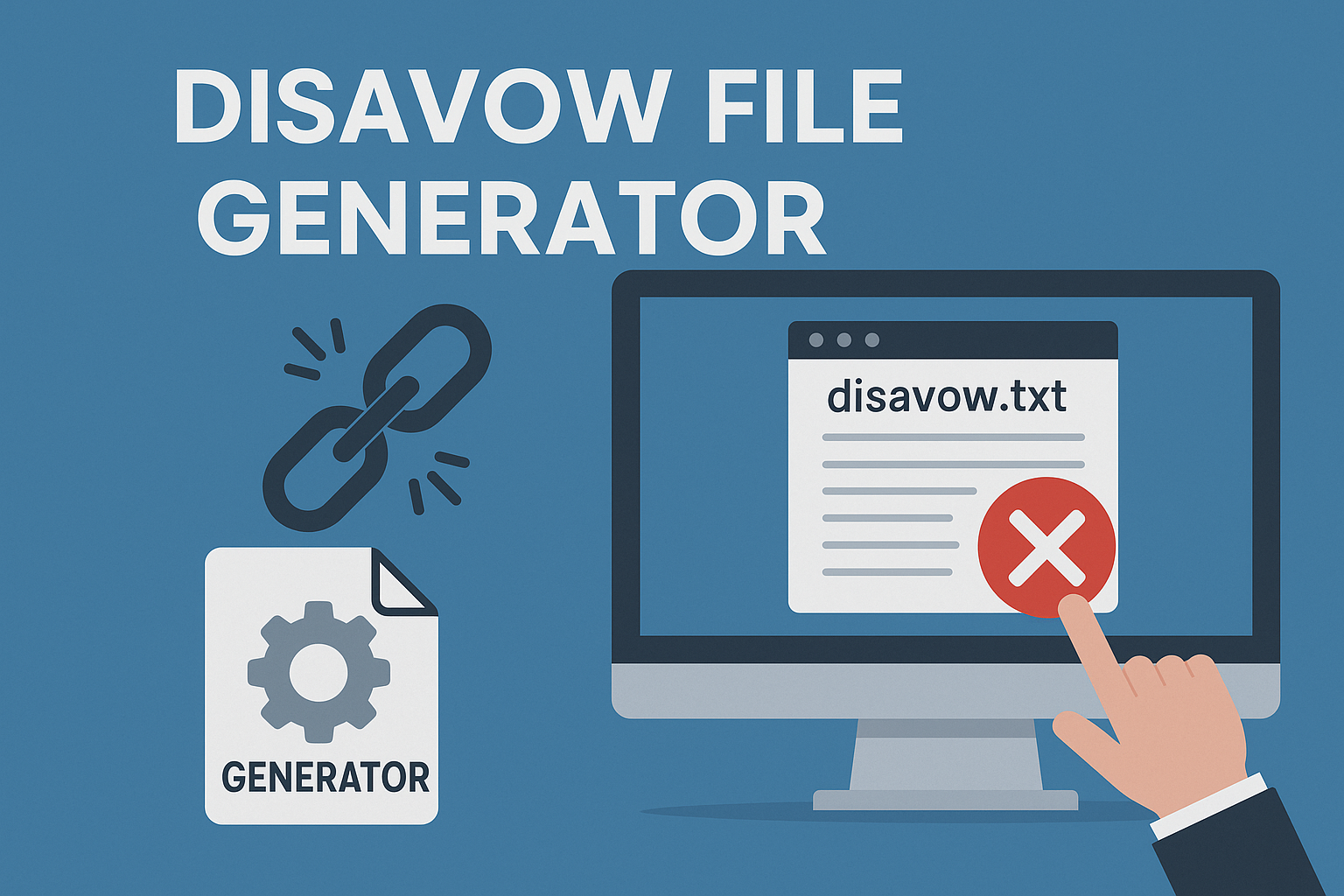Welcome to our in-depth look at Keyword Spy, a data-driven SEO platform designed to simplify digital marketing strategies. This review unpacks its unique strengths, potential limitations, and real-world usability—all in plain language. Whether you’re refining your website’s performance or analyzing competitors, we’ll explore how this tool stacks up.
Built with modern AI, Keyword Spy moves beyond outdated SEO tactics. It blends keyword research, competitor insights, and on-page optimization tools into one interface. Unlike older systems like RankBrain or BERT, it prioritizes actionable data over guesswork. Users praise its ability to decode search trends, though some note the learning curve for navigating its dashboard.
Our analysis combines hands-on testing with feedback from marketers nationwide. We’ll highlight how its code-based tracking helps site owners optimize content efficiently. But we won’t shy away from critiques—like crowded menus or occasional lag—that impact user experience. Let’s dive into what makes this platform stand out… or fall short. For a comprehensive breakdown of keyword clustering features tailored to low-competition niches, don’t miss our in-depth LowFruits review and analysis.
Key Takeaways
- Keyword Spy uses AI to streamline SEO tasks like keyword discovery and competitor tracking.
- Its research tools outperform traditional methods, offering real-time data updates.
- Users report strong results but mention occasional challenges with interface clarity.
- The platform integrates features tailored for both small businesses and enterprise teams.
- Compared to older algorithms, it adapts faster to Google’s evolving ranking factors.
Introduction to Keyword Spy Review
For digital marketers juggling shifting algorithms and endless data, this platform acts as a precision scalpel. Built to decode search engine behavior, it bridges the gap between technical analysis and actionable strategy. Let’s unpack its core functions.
Understanding keywordspy cost helps budget for competitive intelligence tools in digital marketing campaigns. Finding a keywordspy free alternative provides similar competitor analysis features without subscription fees. Accessing www keyword spy com reveals comprehensive keyword research and PPC spy capabilities.
The keywordspy research system login grants access to advanced competitor tracking and keyword discovery features. Searching for keywordspy free download often leads to trial versions with limited functionality, but finding the best keyword spy free download can unlock more features. Using keywordspy website free tools provides basic competitor insights without payment requirements, acting as a useful keywordspy tool free option.
Analyzing keywordspy competitors shows similar platforms like SEMrush and Ahrefs offering comparable features, and a competitor keyword spy free tool can help with this. The keywordspy free ai detector identifies AI-generated content affecting search rankings. Obtaining keywordspy login free access typically requires email registration for trial periods.
Exploring keywordspy tool alternative options helps find cost-effective solutions for keyword research needs. Understanding what is keyword spy clarifies its role in uncovering competitor keywords and strategies. The keyword spy free online app offers mobile-friendly competitor analysis on the go, making it a convenient keyword spy free app.
Utilizing keyword spy ppc features reveals competitor advertising strategies and budget estimates. The keywords+spy combination uncovers hidden keyword opportunities competitors exploit. Reading spyserp review trustpilot feedback helps evaluate this alternative tool’s reliability.
Following a spyserp seo tutorial maximizes the platform’s keyword tracking capabilities. Implementing spywords integration connects keyword data with other marketing tools seamlessly. Attempting keyword spy free download provides limited access to test core features before purchasing, and a keyword spy free download apk might offer similar access.
Purpose-Driven Design
The tool focuses on simplifying complex tasks like keyword discovery and competitor gap analysis. Unlike older systems that rely on static metrics, it adapts to Google’s RankBrain and BERT updates. One user noted, “It spots trends my team would’ve missed using spreadsheets.”
Its dashboard prioritizes real-time insights over historical data. This helps users optimize content for current ranking factors rather than chasing outdated patterns. Small businesses appreciate how it translates raw metrics into clear steps for improvement.
Adapting to the SEO Ecosystem
By merging traditional research methods with AI-driven predictions, the platform stays ahead of curveballs like core updates. Features like code-based tracking let teams monitor page performance without manual audits. This reduces guesswork when refining meta tags or internal links.
Marketers also praise its ability to benchmark against competitors using metrics like content depth and backlink velocity. As search evolves, tools that balance speed with accuracy will dominate—this one leans into that balance hard.
Key Features and Competitor Analysis
Modern SEO demands tools that blend precision with adaptability. This platform’s feature set targets three critical areas: competitor insights, content optimization, and structural analysis. Let’s break down what makes it stand out.
Many marketers use an app keyword spy to research competitor strategies and discover profitable keywords for their campaigns, and a competitor keyword spy online tool can be very effective. Popular platforms like keywordspy com find competitor keywords through comprehensive database analysis, while those seeking an alternative to keywordrevealer often explore options for the best keywordspy tool alternative available. Before choosing tools, it’s wise to check seo powersuite reviews trustpilot for user feedback and compare different keywordrevealer alternative options. Sites like www keywordspy com offer various features, and users frequently look for spyserp seo download options or spyserp free trial versions to test functionality.
For budget-conscious marketers, finding a keywordspy tool alternative free solution is ideal, which is why many start with a keyword spy free trial or search for a keyword spy free trial apk version. Whether you access through the keywordspy login app, take advantage of a keywordspy free trial, or visit www.keywordspy.com directly, these tools help uncover competitor insights, and for keywordspy. login, it’s the gateway to your data. Users can also try keyword spy free online download options, visit keyword spy.com for more information, or use keywordspy website login features to access premium data, with some exploring cheapseospytools as additional budget-friendly alternatives for comprehensive keyword research and competitor analysis, and for mobile users, a keyword spy free app download is often sought.
SERP Competitor Analysis and Keyword Discovery
The tool’s SERP analysis uncovers rivals’ top-performing keywords, even in niche markets. One user shared, “We found 27 untapped terms in under 10 minutes—terms our main competitor ranked for.” Its filters let you sort by search volume, difficulty, or trending status.
Keyword discovery goes beyond basic suggestions. It identifies phrases with high conversion potential using metrics like click-through velocity and semantic relevance. This speeds up content planning while aligning with Google’s EEAT guidelines.
On-Page Score Optimization and AI Writer Functionality
Every page gets a readability score with tailored fixes. The system flags issues like dense paragraphs or weak meta descriptions. While the AI writer drafts content quickly, users note it sometimes overuses jargon. Manual tweaks ensure natural flow.
Insightful Metrics: DOM Vector and Competitor Scores
DOM Vector analysis compares your site’s HTML structure to top-ranked pages. This reveals gaps in heading hierarchies or schema markup. Competitor scores track metrics like backlink diversity and content freshness, offering a clear roadmap for improvement.
| Feature | Traditional Tools | This Platform |
|---|---|---|
| SERP Analysis Depth | Basic keyword lists | Trend predictions + competition tiers |
| Content Optimization | Generic suggestions | Page-specific fixes + EEAT scoring |
| Technical Insights | Manual audits | Automated DOM comparisons |
Pros, Cons, and User Experiences
Balancing innovation with practicality, this SEO solution delivers value but requires patience to master. Users highlight its ability to simplify complex tasks while acknowledging areas needing refinement.
Strengths in Data-Driven Strategy
The platform excels at uncovering high-potential phrases through keyword discovery. One marketing director shared, “We doubled our organic traffic by targeting low-competition terms the tool identified.” Content optimization features analyze readability scores and suggest structural tweaks, helping writers craft clearer articles.
Competitor gap analysis stands out, revealing rivals’ top-performing pages and backlink sources. Teams use these insights to prioritize updates, especially after Google algorithm shifts. The code-based tracking system also automates technical audits, saving hours each week.
Interface Hurdles and Text Complexity
While packed with data, some find the dashboard visually overwhelming. A blogger noted, “I love the metrics but wish menus were grouped differently.” Others mention that AI-generated reports occasionally use dense phrasing, requiring manual edits for clarity.
| Feature | Strength | Challenge |
|---|---|---|
| Keyword Research | Identifies untapped phrases | Advanced filters need tutorials |
| Content Scores | Improves article structure | AI suggestions lack nuance |
| Competitor Tracking | Exposes ranking patterns | Data overload for new users |
Despite these quirks, most website owners agree the tool’s depth justifies the learning curve. Regular updates show the developers listen to feedback—a promising sign for future refinements.
Searching for the best keyword spy free apk often leads to unofficial app downloads that may contain malware or violate platform terms of service, similar to a keyword spy free app apk. Using keywordspy search free provides limited access to competitor keyword data, though paid versions offer more comprehensive intelligence for serious SEO campaigns.
What is spy keyword research and how does KeywordSpy work?
The concept of spy keyword research involves analyzing competitors’ paid and organic keywords to identify profitable opportunities for your own campaigns. Using key word spy tools reveals which keywords drive traffic and conversions for competitors in your niche. The keywordspy free review options provide limited access to competitive intelligence data, showing basic keyword and ad copy information. According to keywordspy pricing reviews, paid plans range from $89-$139 monthly, offering deeper insights than free alternatives. The comprehensive keywordspy research system review shows it excels at PPC competitive analysis, tracking millions of keywords across Google and Bing. Common misspellings like keyword spu still lead to the platform, while spy keywords functionality reveals competitors’ most profitable terms. Various keywordspy tool review articles highlight its strength in uncovering competitor ad strategies and budgets. The keywordspy website review interface provides user-friendly access to competitive data, making spy key words analysis accessible for beginners.
How effective is keyword spying for SEO and PPC campaigns?
Professional keyword spying techniques help businesses save thousands in testing by learning from competitors’ successes and failures. Understanding keywordspy research system pricing helps budget for competitive intelligence – plans include varying levels of data access and historical information. Multiple keywordspy reviews praise its ability to reveal competitor bidding strategies and ad performance metrics. Using an seo spy tool provides insights into organic rankings, backlink profiles, and content strategies of successful competitors, and many look for seo spy tools free download options. The keywordspy research system aggregates data from multiple sources to provide comprehensive competitive intelligence. Following a keywordspy research system tutorial helps maximize the tool’s features for campaign optimization. The keywordspy domain overview feature analyzes entire websites to reveal traffic sources and keyword opportunities. When comparing keywordspy vs semrush, KeywordSpy focuses more on PPC intelligence while SEMrush offers broader SEO functionality, and some might also consider sparktraffic vs serpseo for traffic analysis. The spy serp feature shows exact ad positions and organic rankings, helping identify gaps in your own strategy and opportunities for quick wins in competitive markets.
Reading a comprehensive spyserp review helps evaluate keyword spy free alternative options like keywordspy domain overview free tools, finding the best keyword spy tool for keywordspy make money online strategies using keywordspy research system free features, understanding keywordspy website pricing for premium competitor keyword spy capabilities, analyzing keyword spy competition with keyword spy free and keywordspy alternative free solutions to spy on keywords effectively, discovering tools better than spy serp among cheap seo spy tools and competitor keyword spy software options, utilizing google keyword spy features and learning how to spy competitors backlinks despite keywords spyware concerns, performing keywordspy search google queries with free keyword spy tools for keyword competitor spy analysis, monitoring keyword spy competitors through keyword spyware detection, exploring keywordspy alternative platforms and site:backlinkmanagement.io for comprehensive spy seo solutions that reveal competitor strategies and opportunities.
Conclusion
In the crowded SEO landscape, Keyword Spy carves its niche by balancing depth with usability. Its advanced competitor gap analysis and keyword discovery tools help marketers uncover hidden opportunities faster than manual research. Features like DOM Vector comparisons and AI-driven content scores turn technical SEO into actionable steps rather than guesswork. Learn how marketers are turning Quora answers into SEO assets by positioning themselves as subject-matter experts.
Users praise the platform’s ability to simplify complex tasks, like tracking ranking shifts or optimizing meta tags. However, some find the interface overwhelming initially—streamlined menus could enhance navigation. While AI-generated reports need tweaking for tone, they provide solid starting points for content creation.
For teams focused on data-driven growth, this tool justifies its learning curve. It adapts to Google’s updates swiftly, offering clearer pathways than older systems. Small businesses and enterprises alike benefit from its granular insights into backlink strategies and content gaps.
No product is flawless, but Keyword Spy’s strengths outweigh its quirks for those willing to explore its features. If you value precision over simplicity, it’s a worthy upgrade. Always weigh your need for speed against your appetite for detailed data diving.
FAQ
What makes this tool stand out for SEO research?
Can I track competitors’ strategies effectively?
How does the DOM Vector feature improve my site?
Is the interface beginner-friendly?
Does it support content optimization beyond keywords?
Are there budget-friendly alternatives?
This is particularly relevant when considering best keyword spy free online. Many professionals also explore best keyword spy free app for better results. Understanding competitor keyword spy app can provide additional insights. The topic of alternative keywordrevealer is worth exploring further. Consider how alternatives to keywordrevealer applies to your specific needs.


![12 Strategien zum Backlinks aufbauen [2026]](https://backlinkmanagement.io/wp-content/uploads/2025/12/12-Strategien-zum-Backlinks-aufbauen-scaled.jpg)

![How To Automate Backlink Reporting [2026 Guide]](https://backlinkmanagement.io/wp-content/uploads/2025/12/How-To-Automate-Backlink-Reporting.jpg)
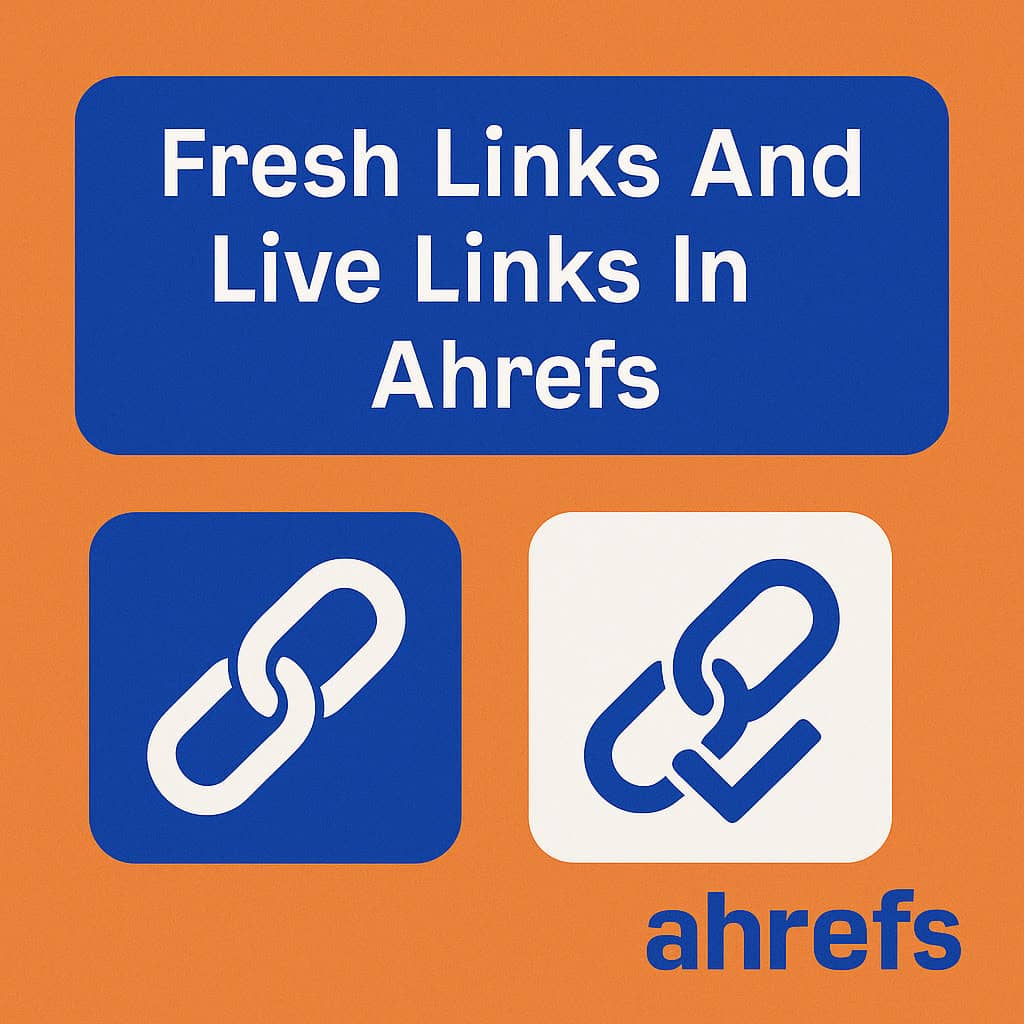

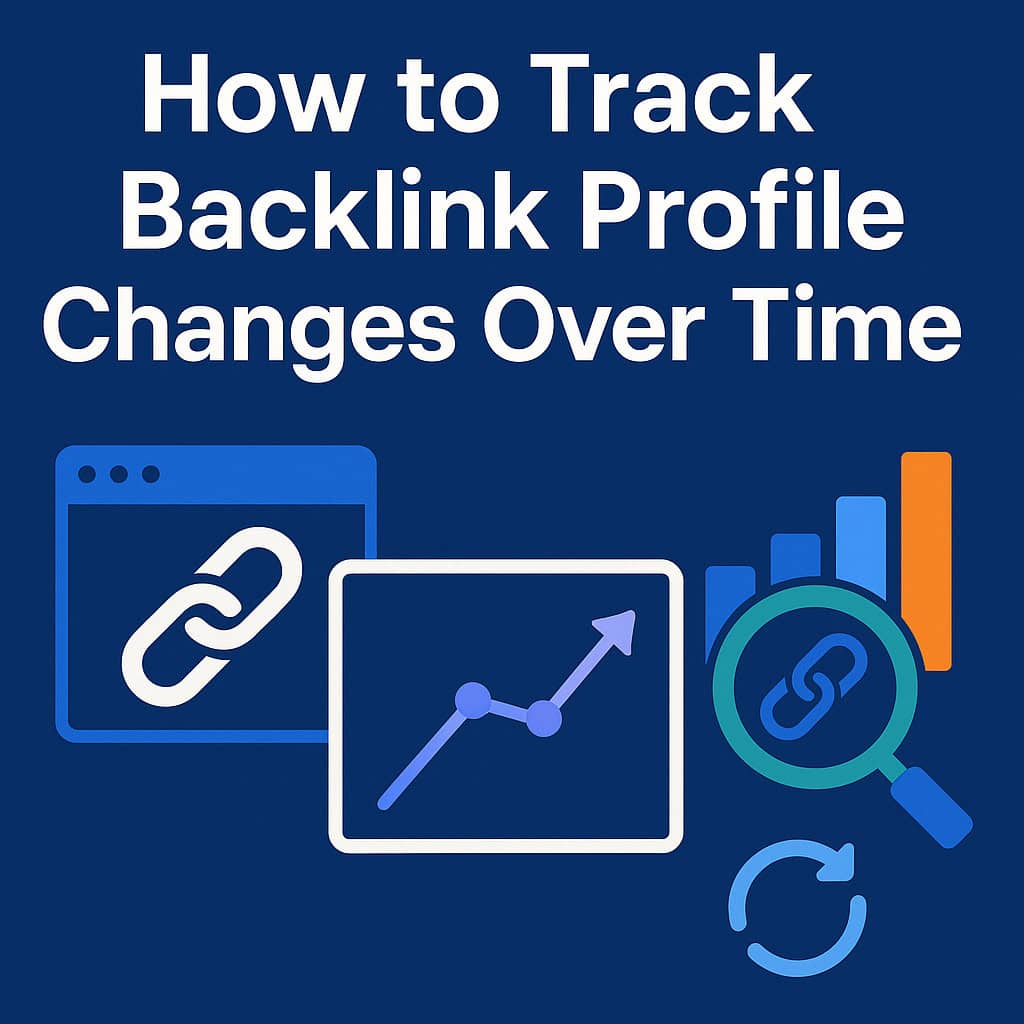
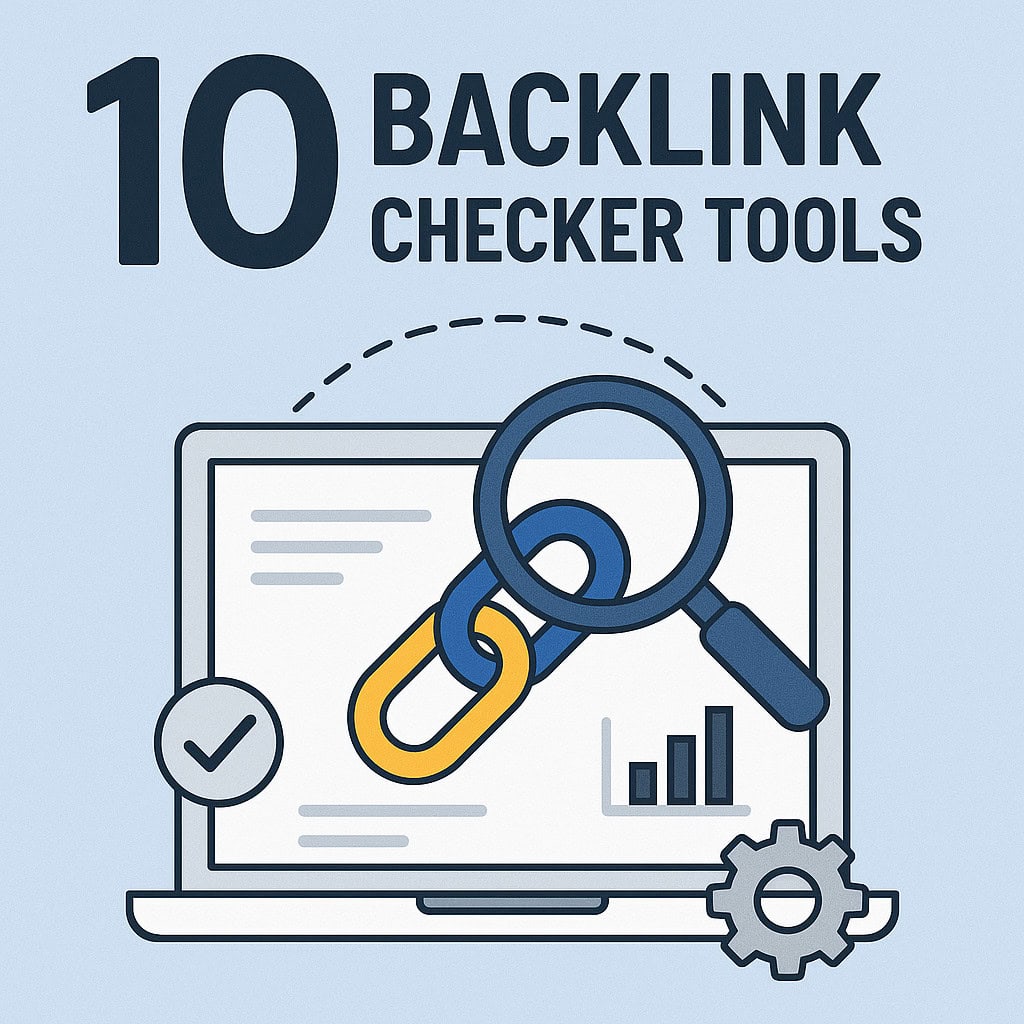
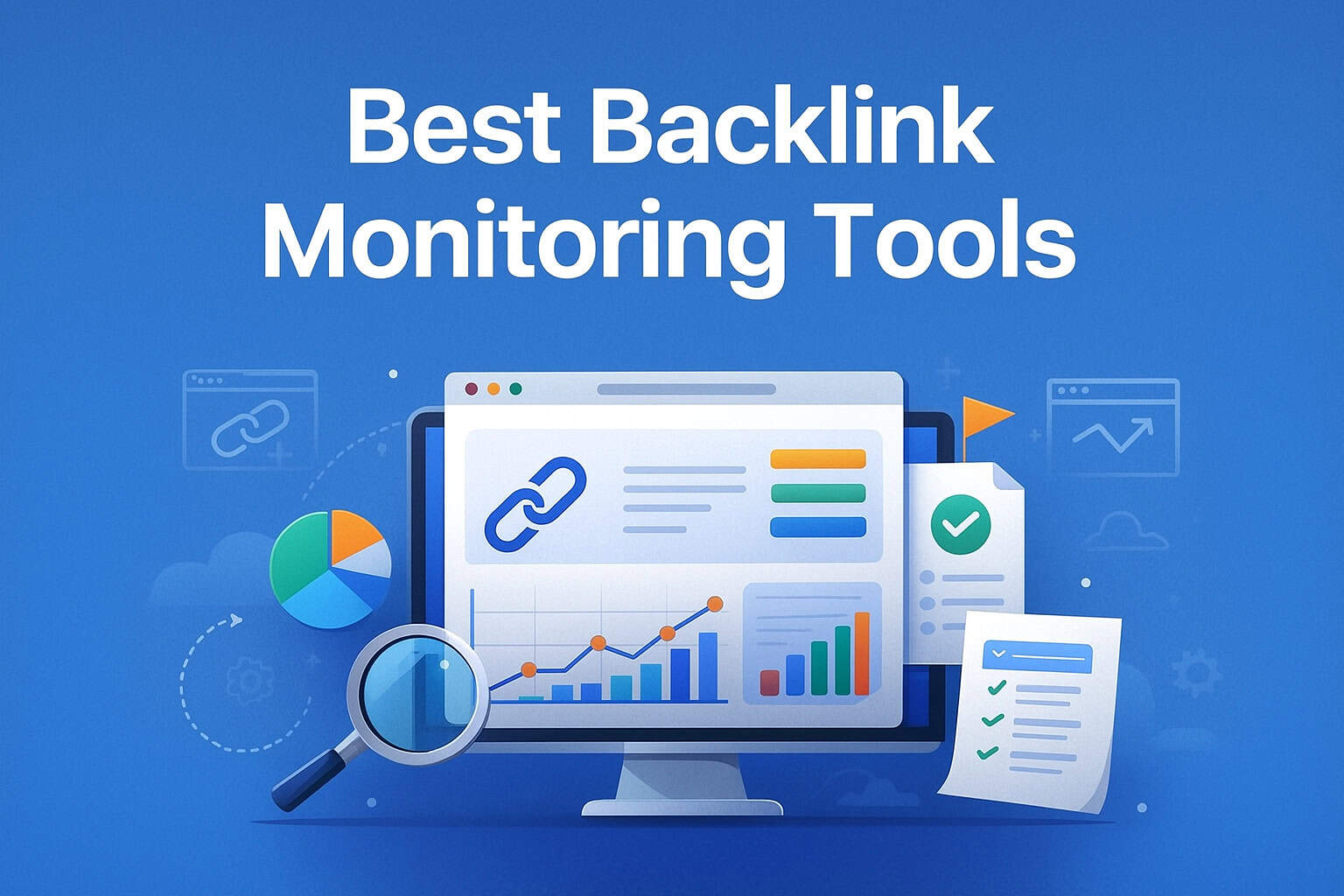

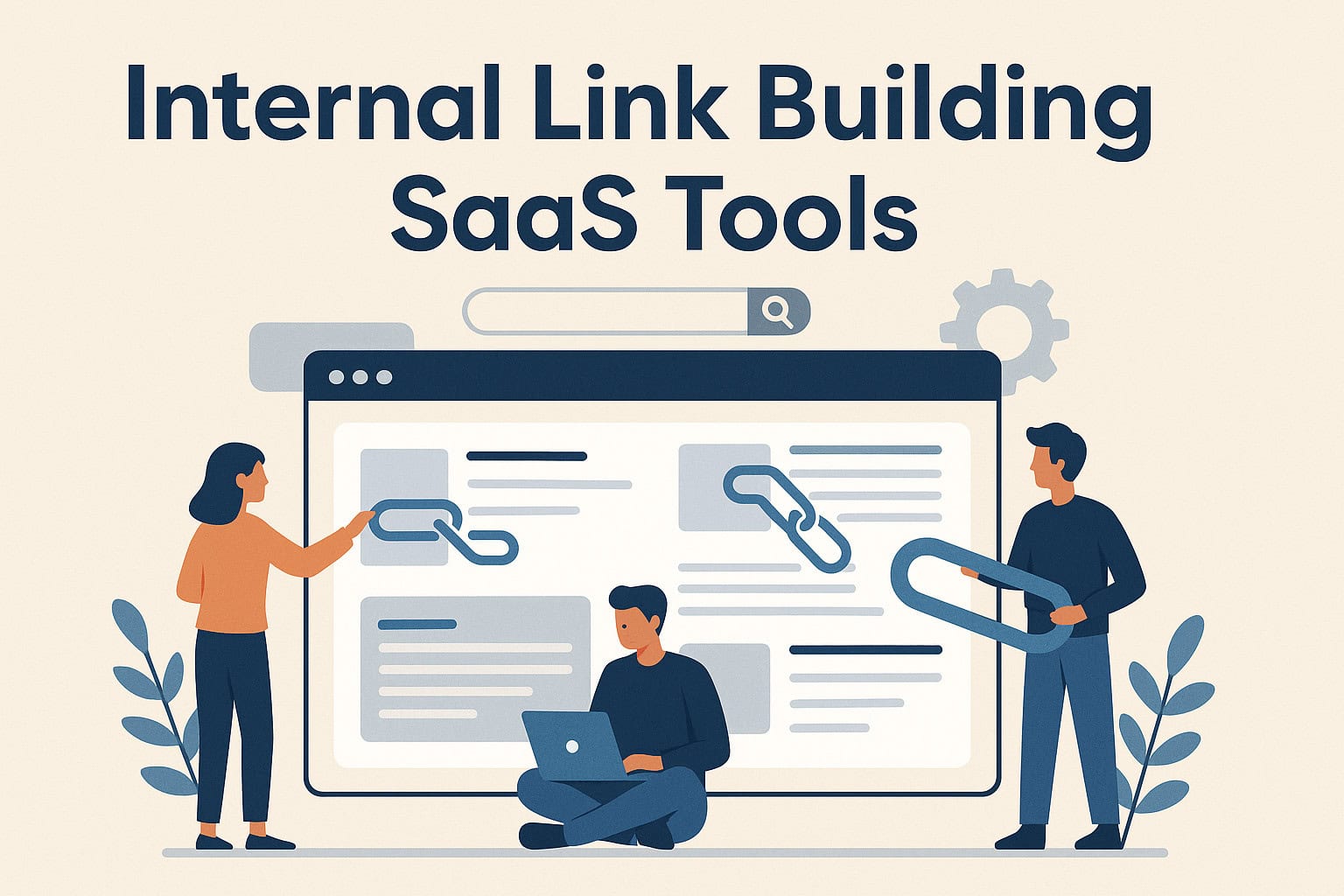
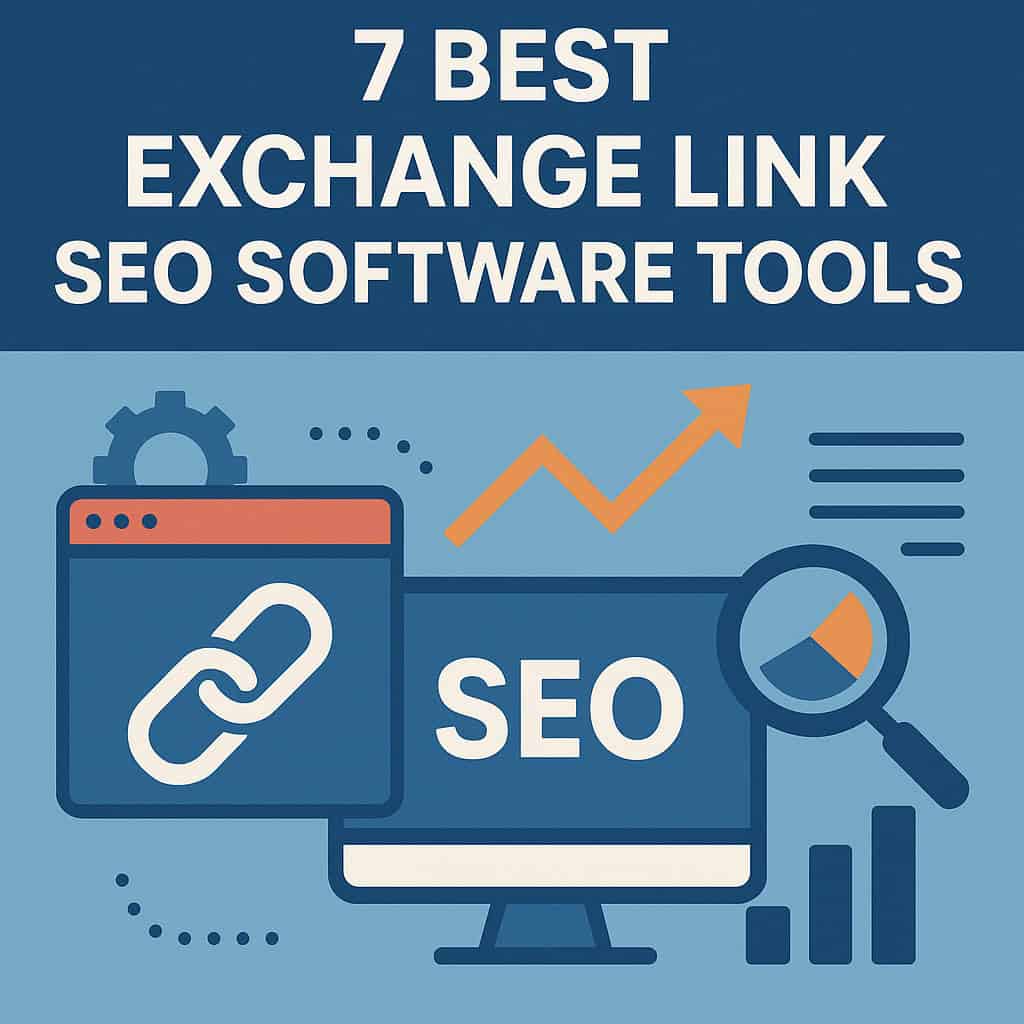
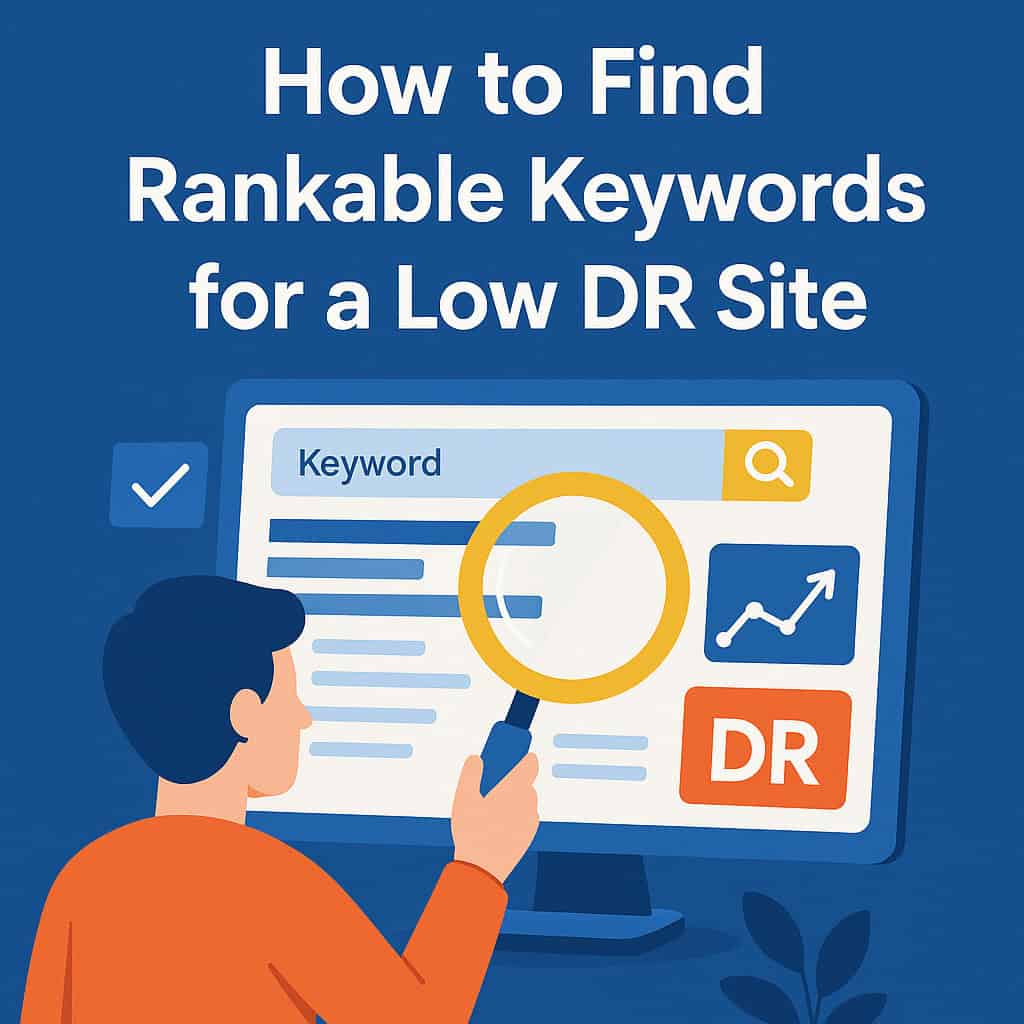
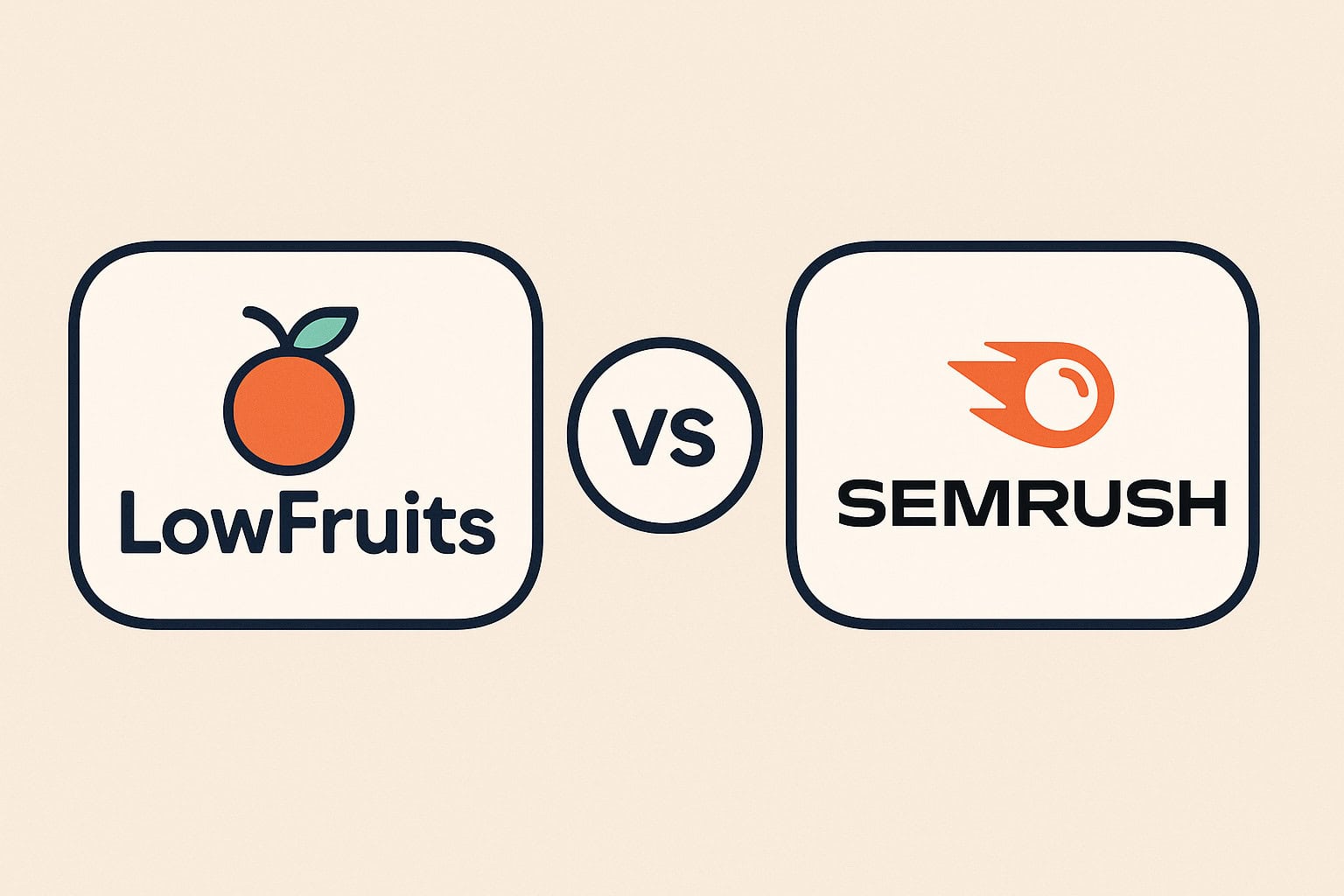
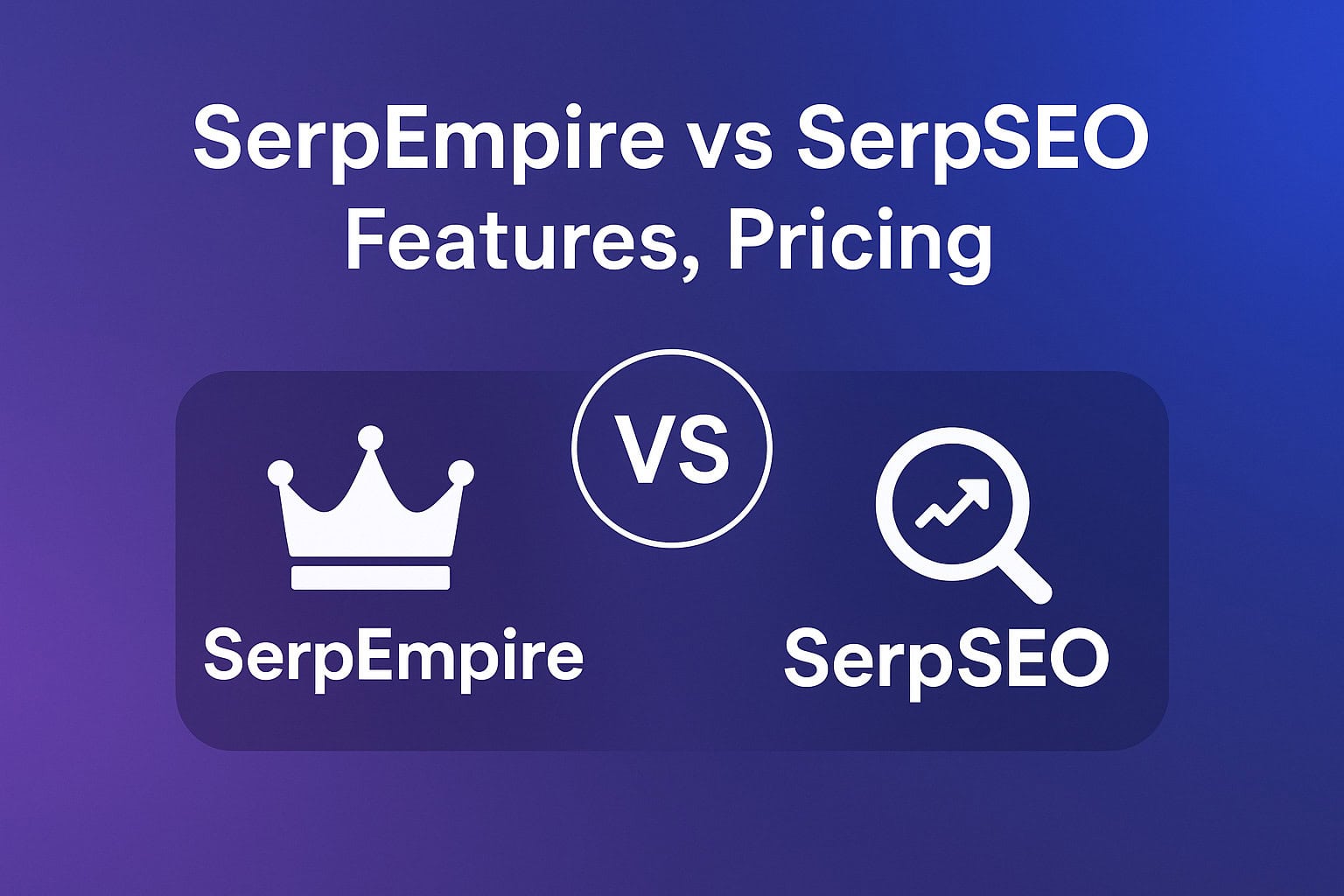
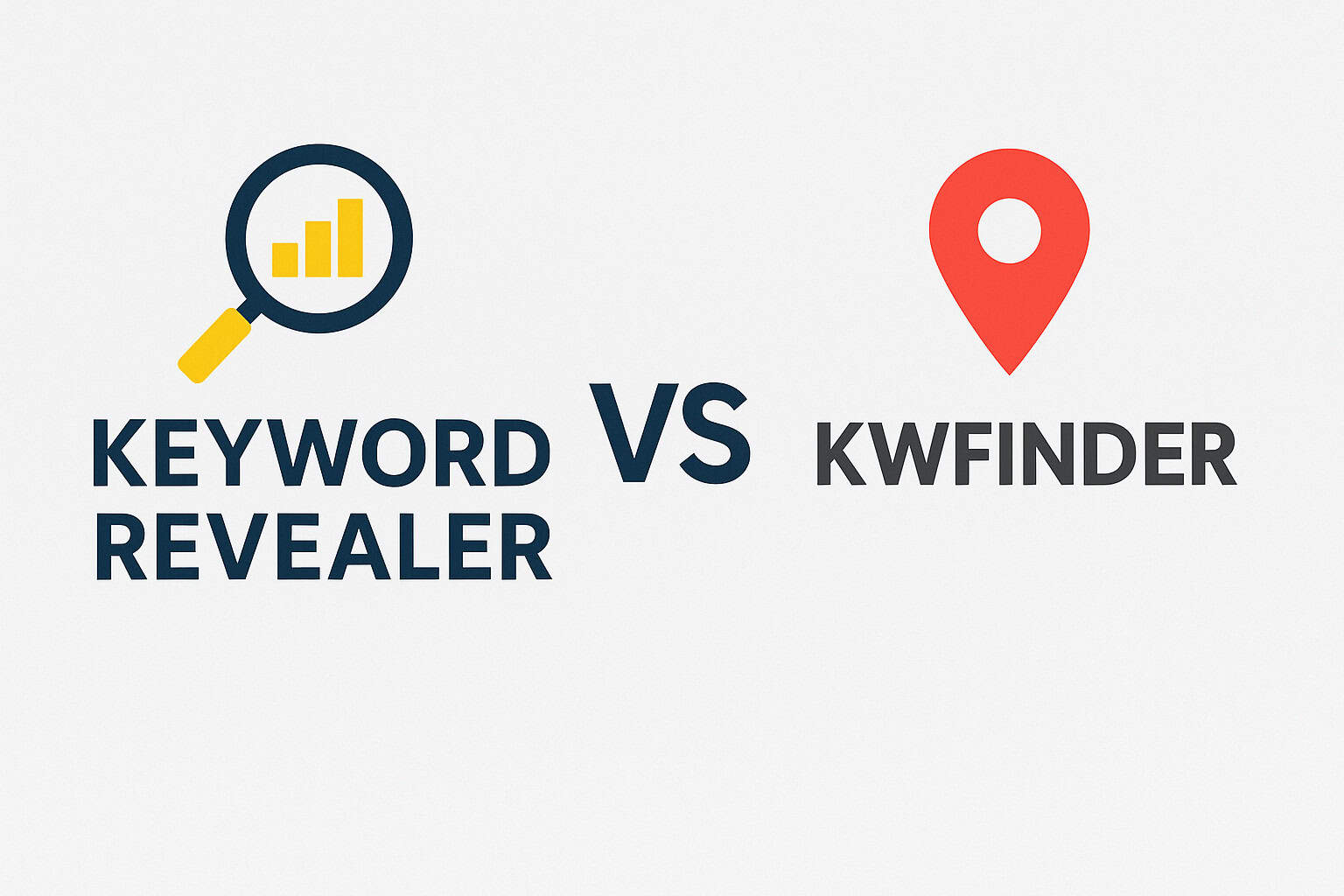
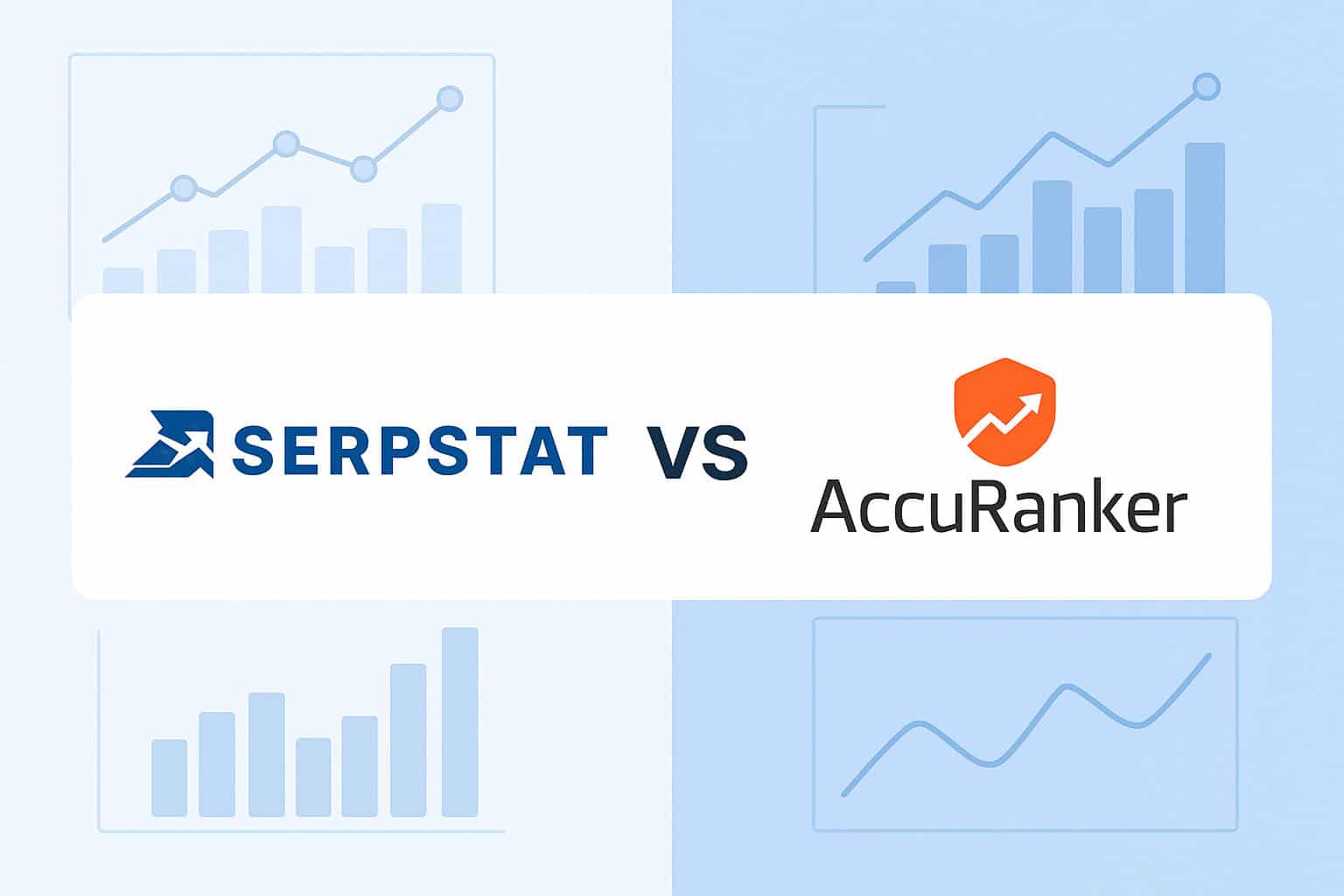

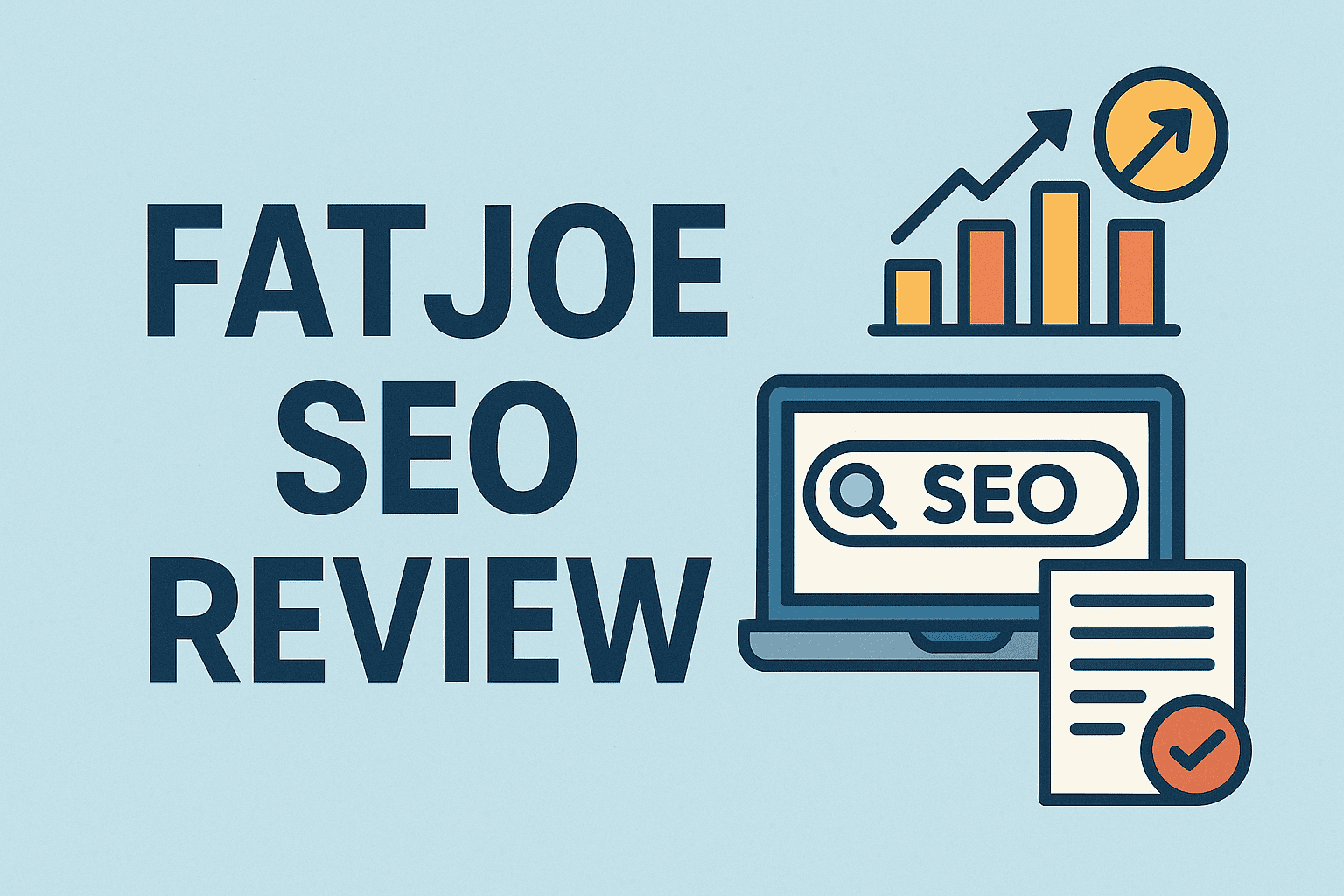
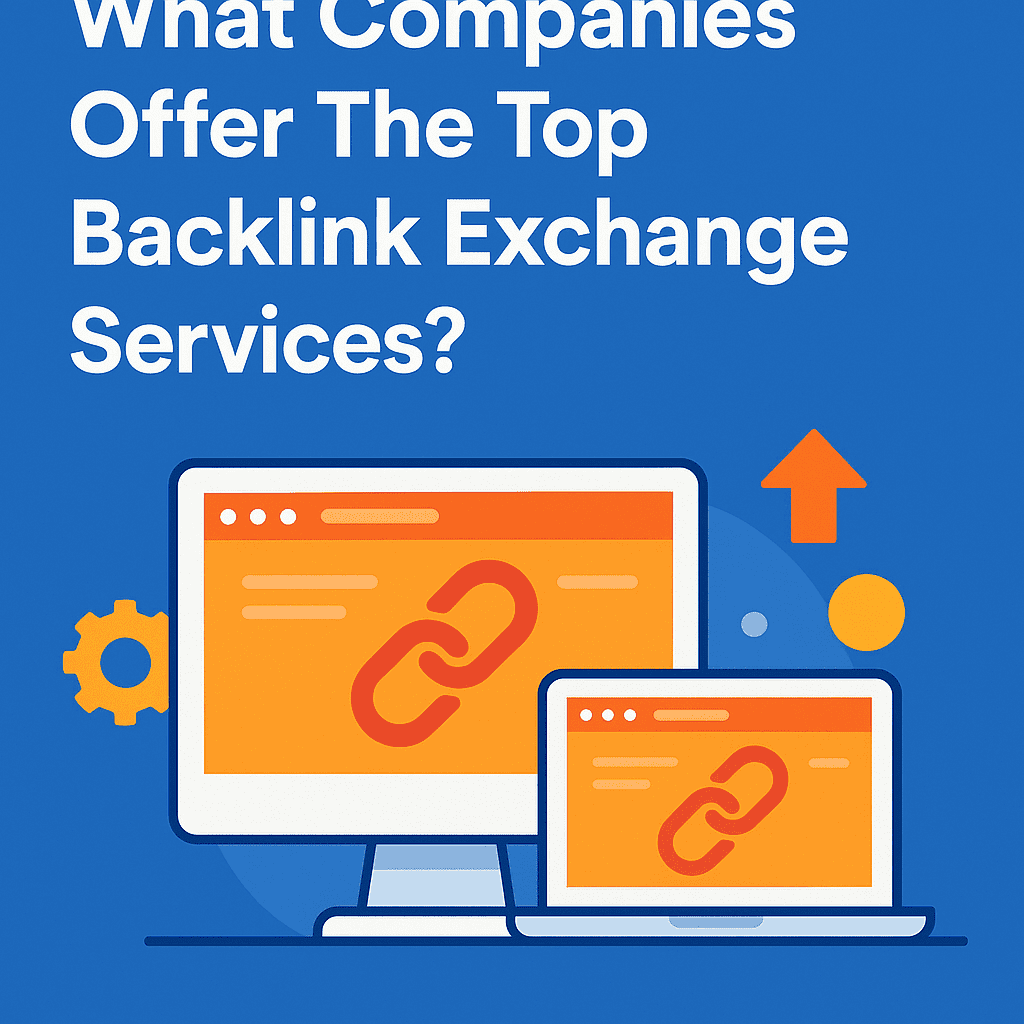

![Longtail Pro Moz or Majestic [Full Breakdown]](https://backlinkmanagement.io/wp-content/uploads/2025/11/ChatGPT-Image-Nov-14-2025-08_30_38-AM.png)

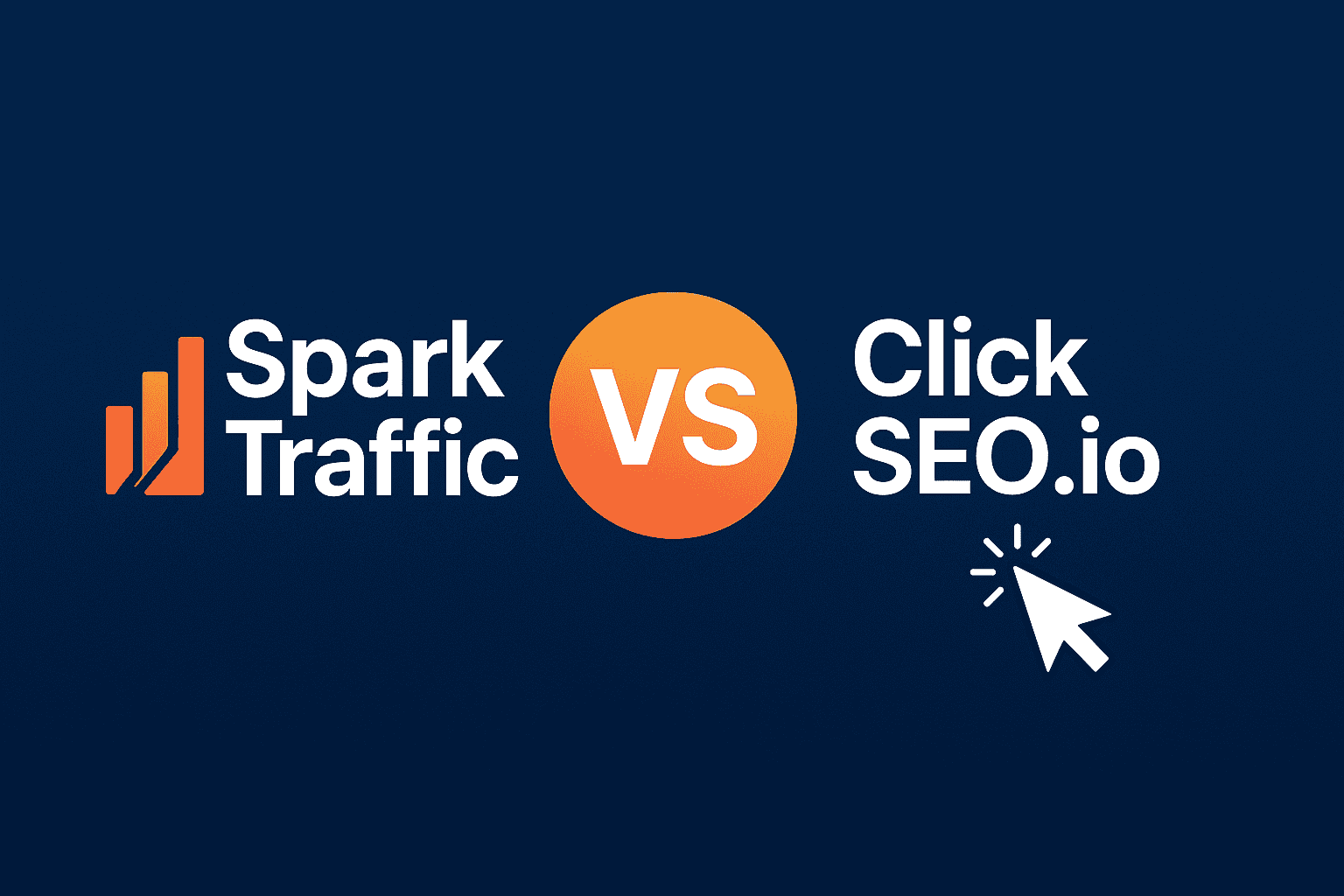
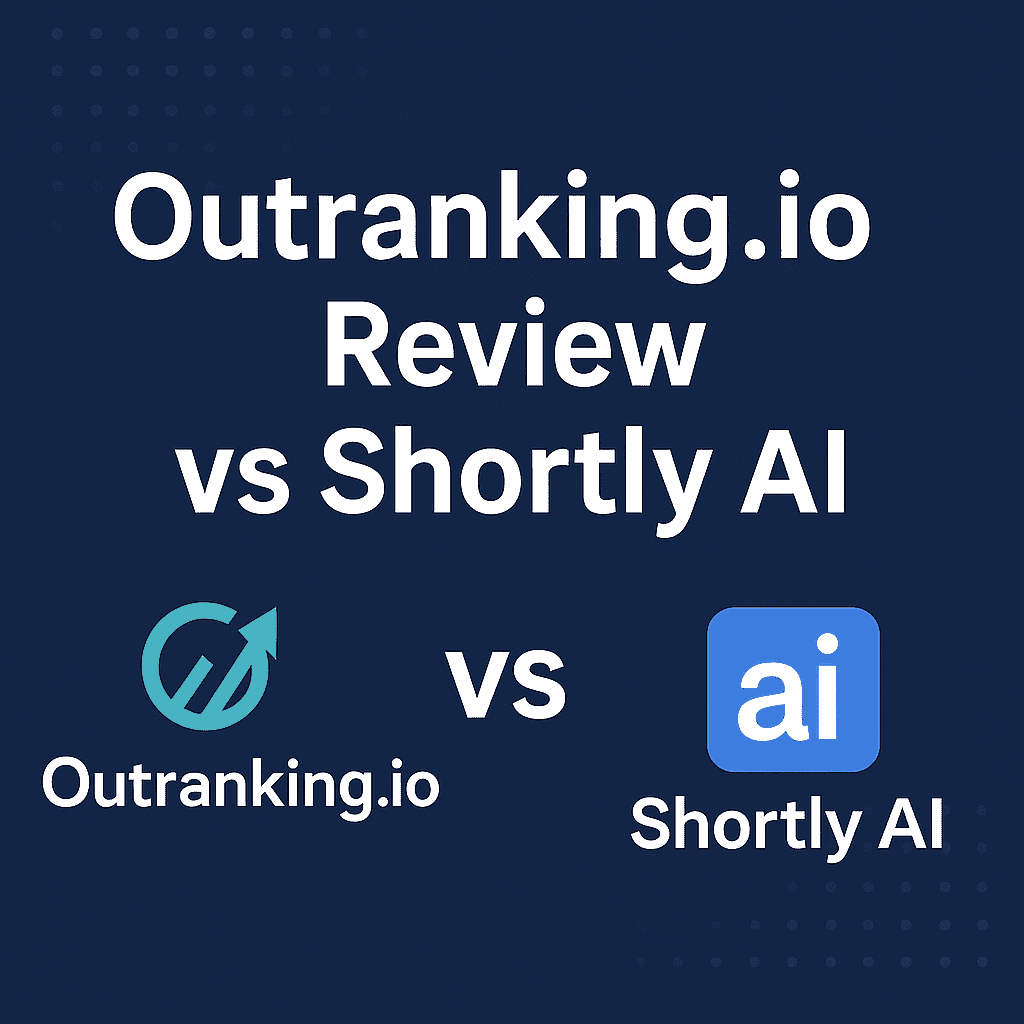

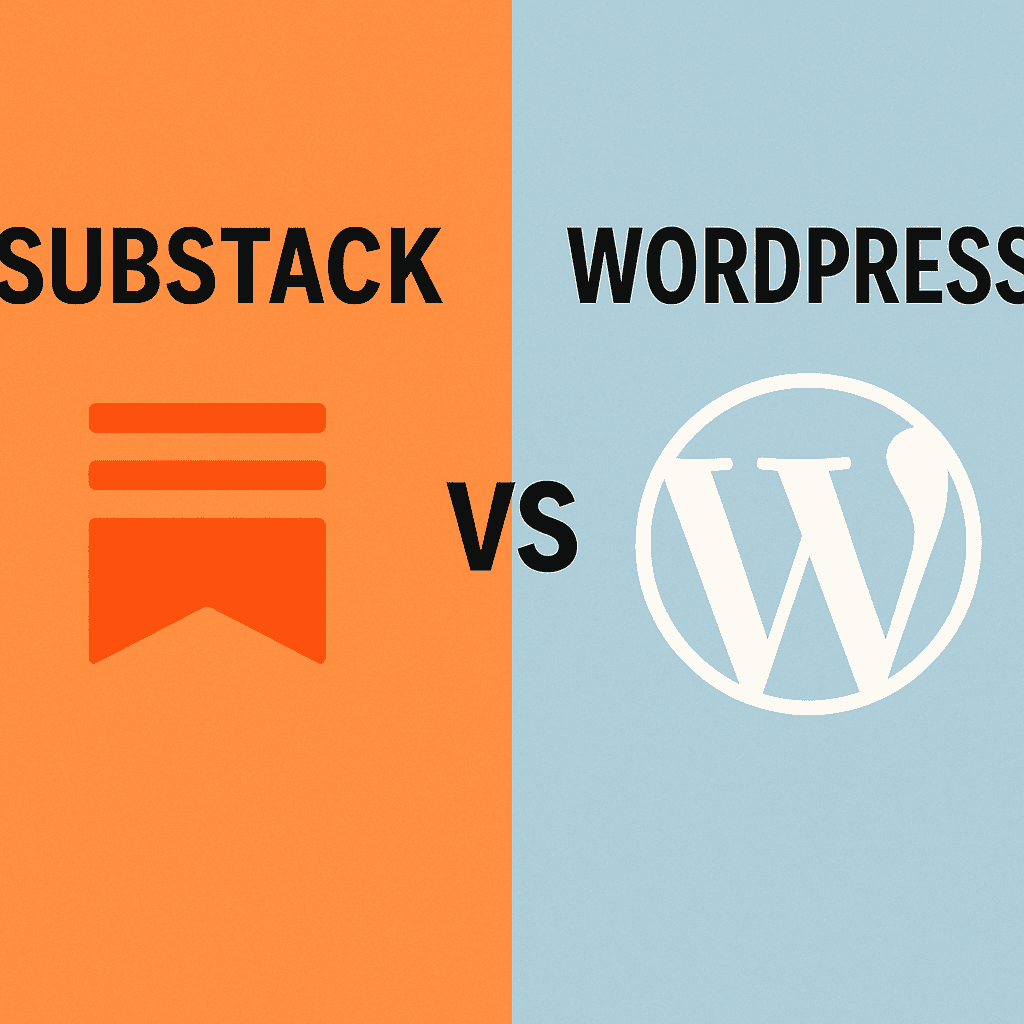

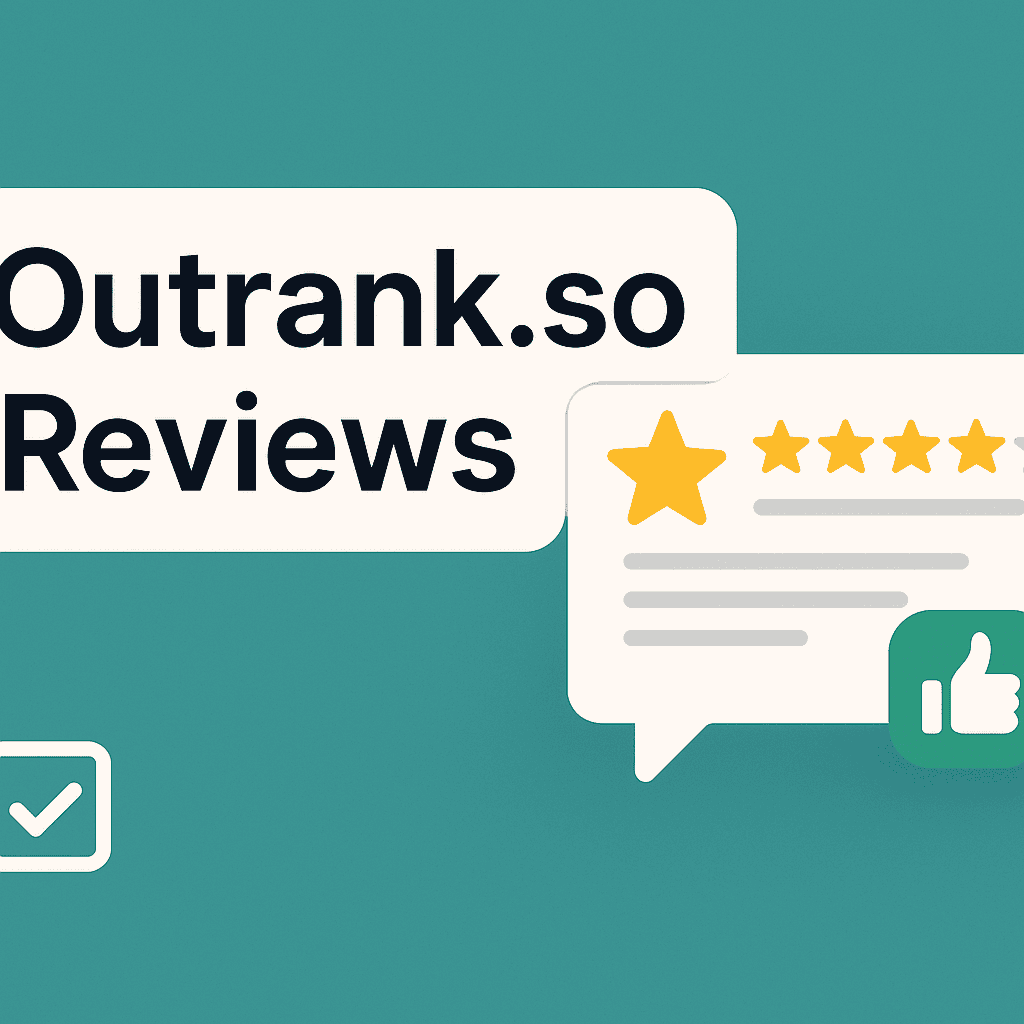

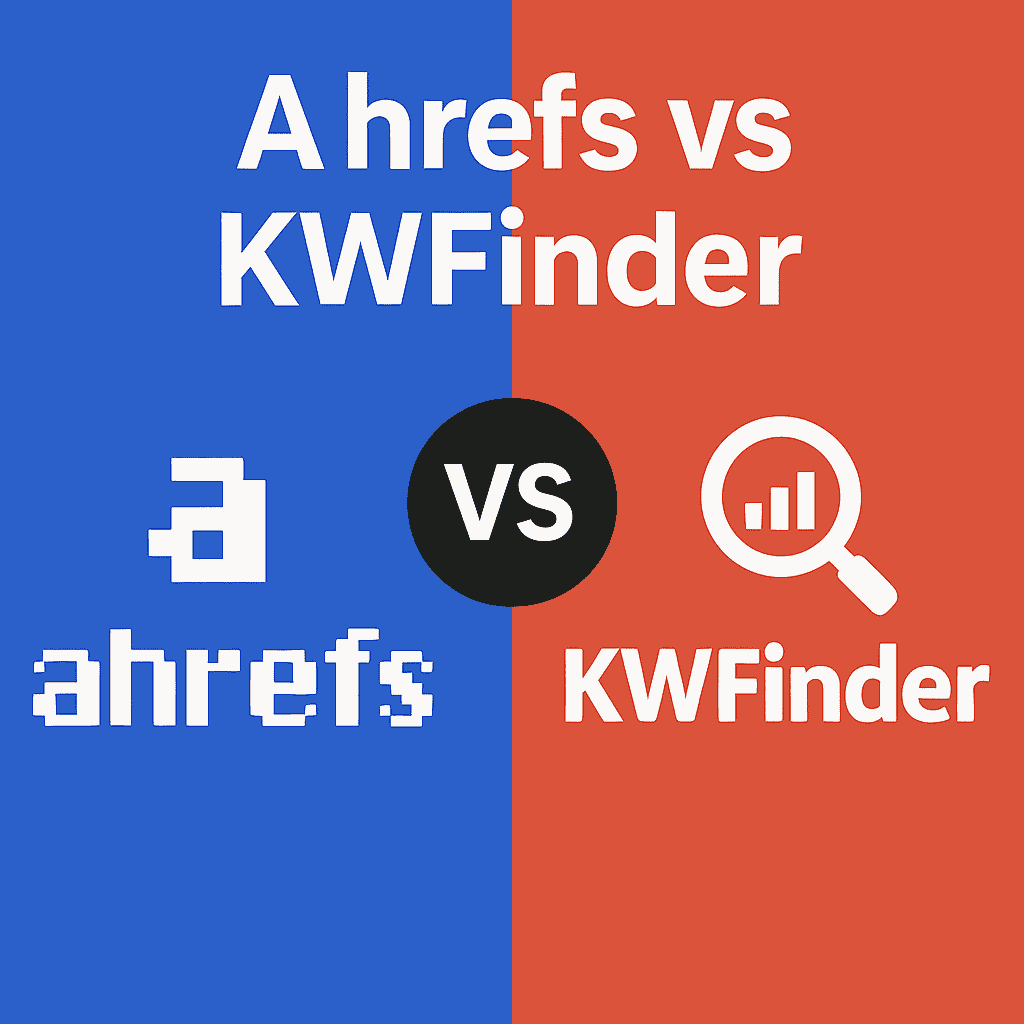


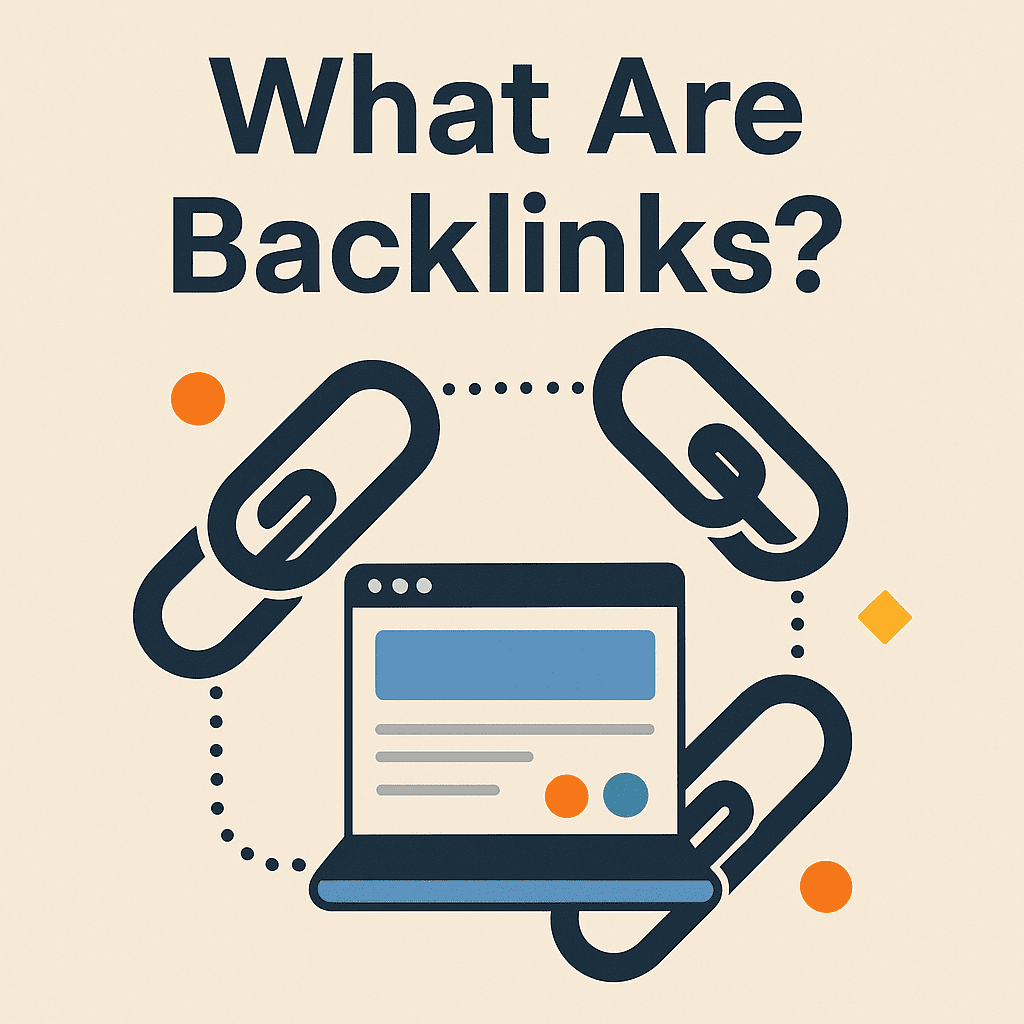










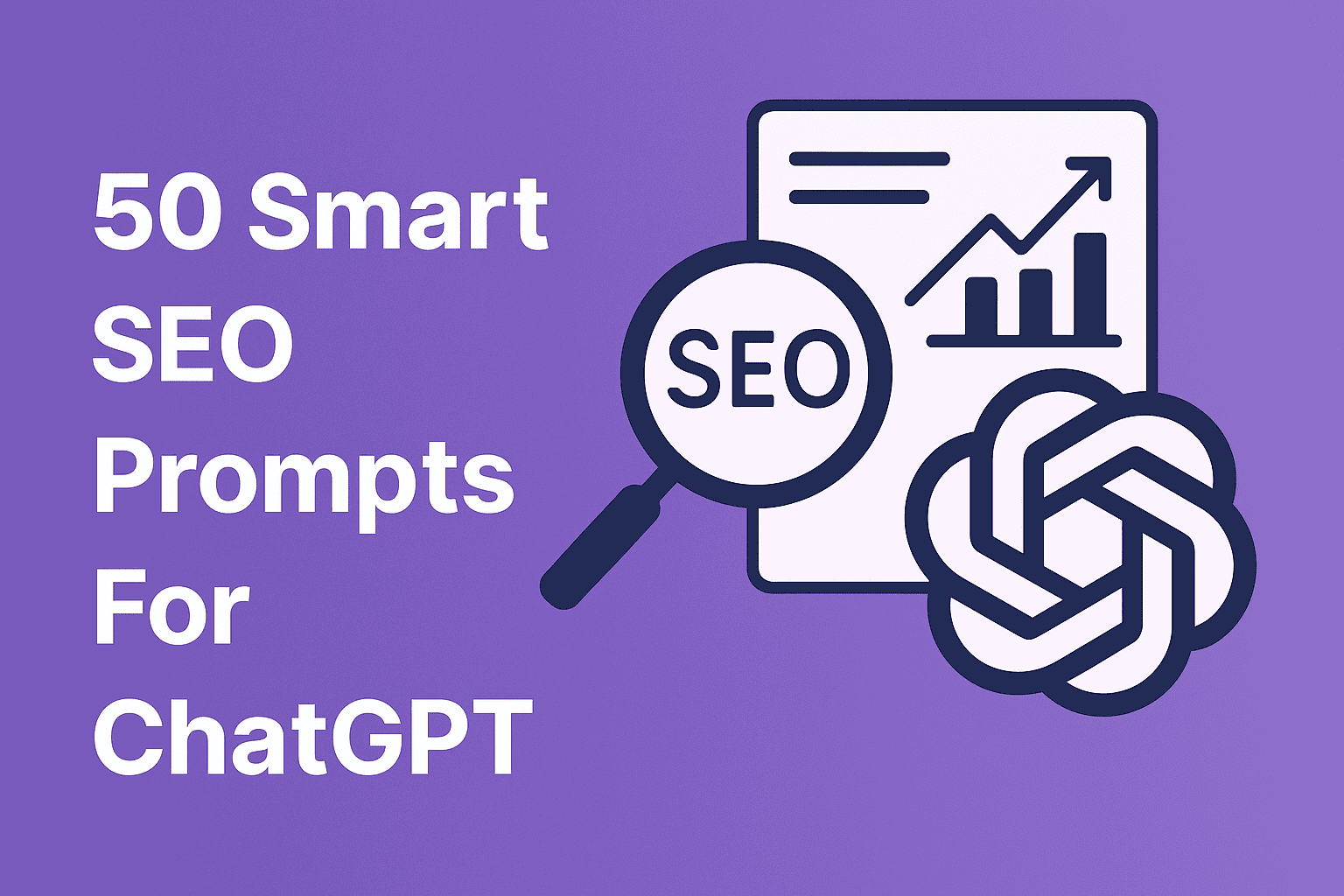
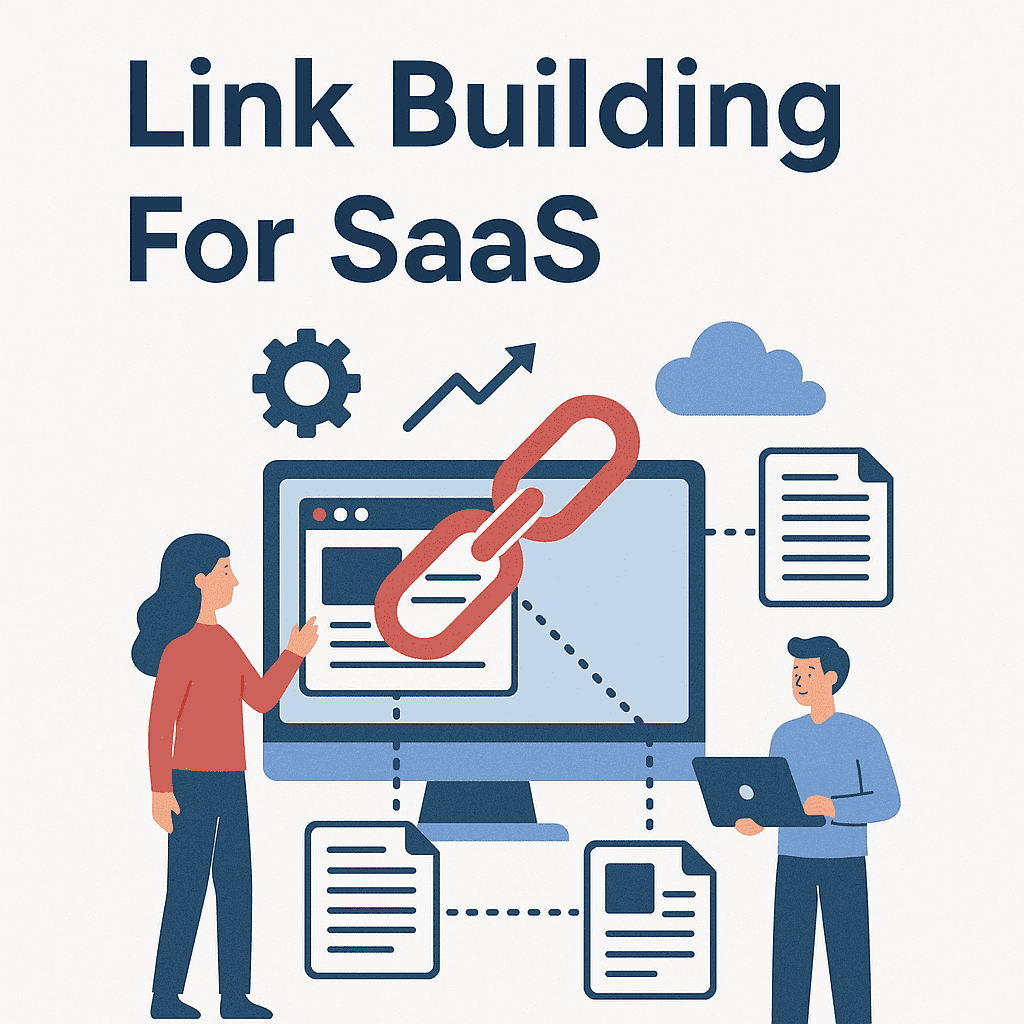
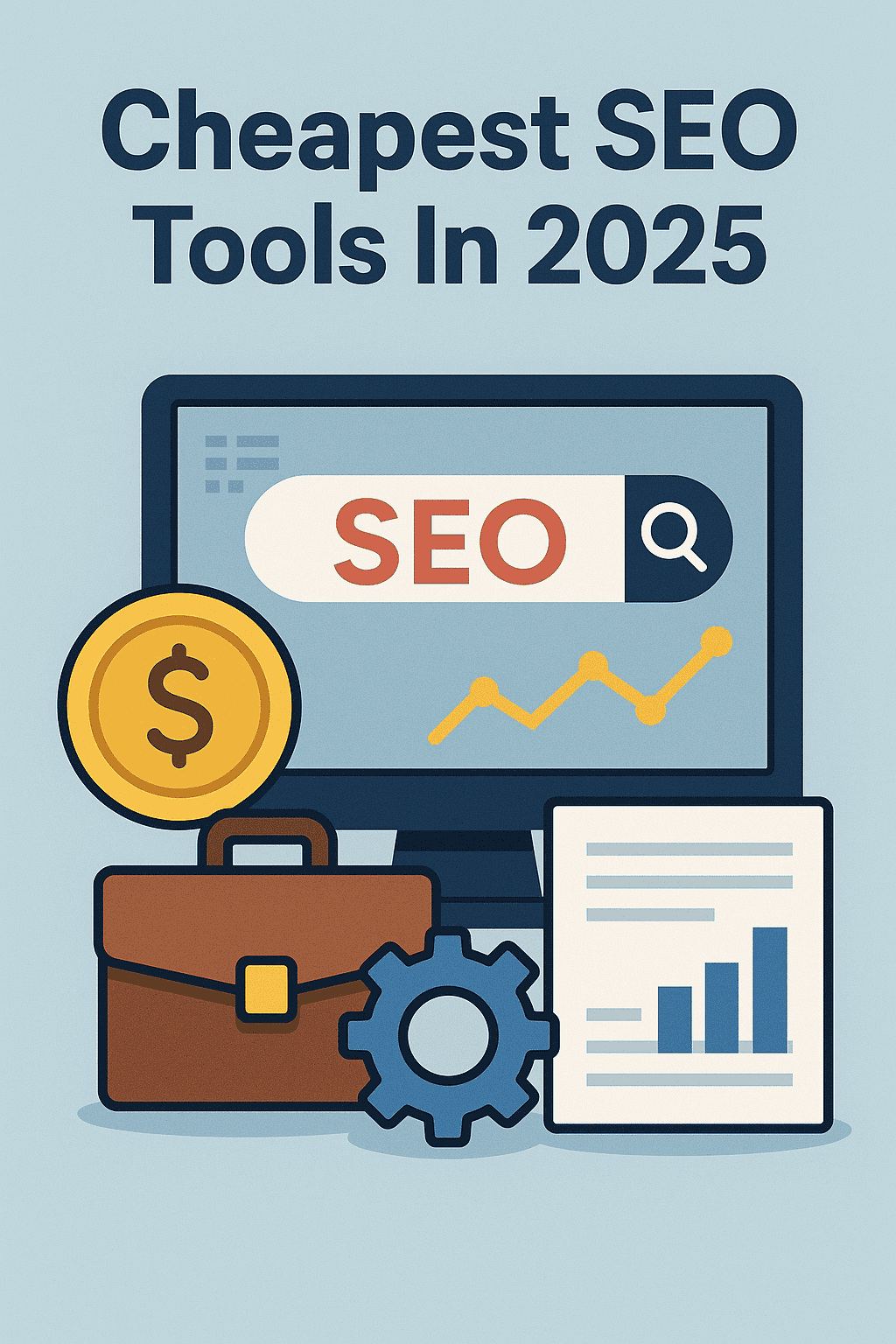
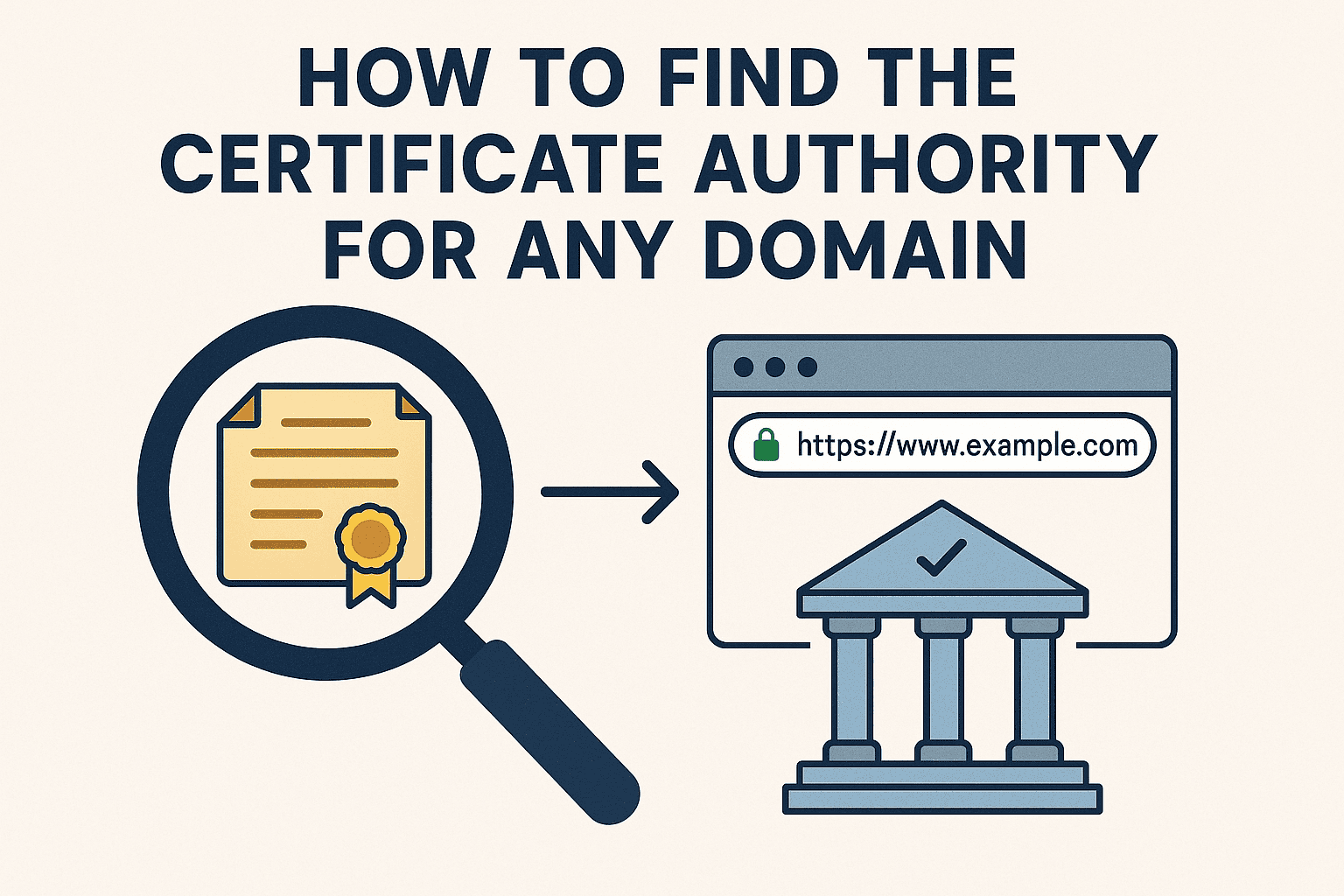



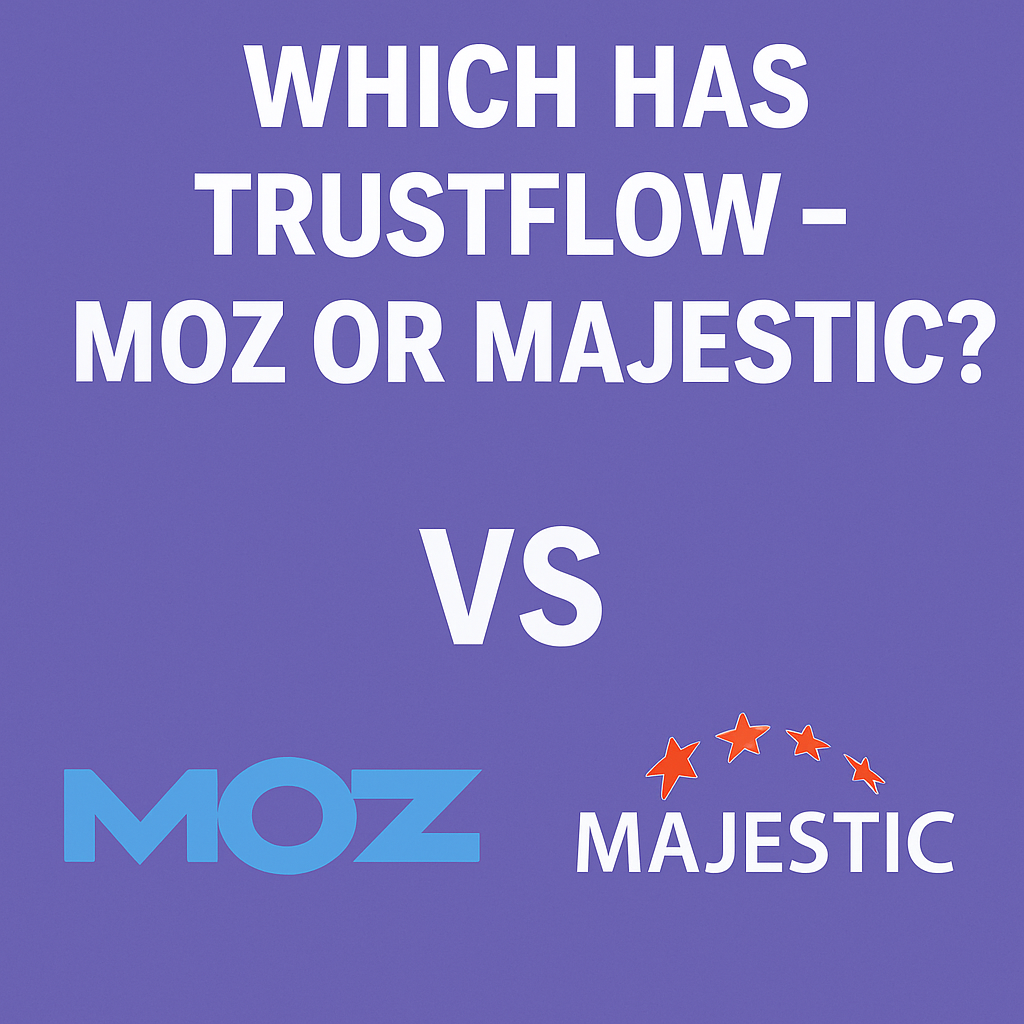


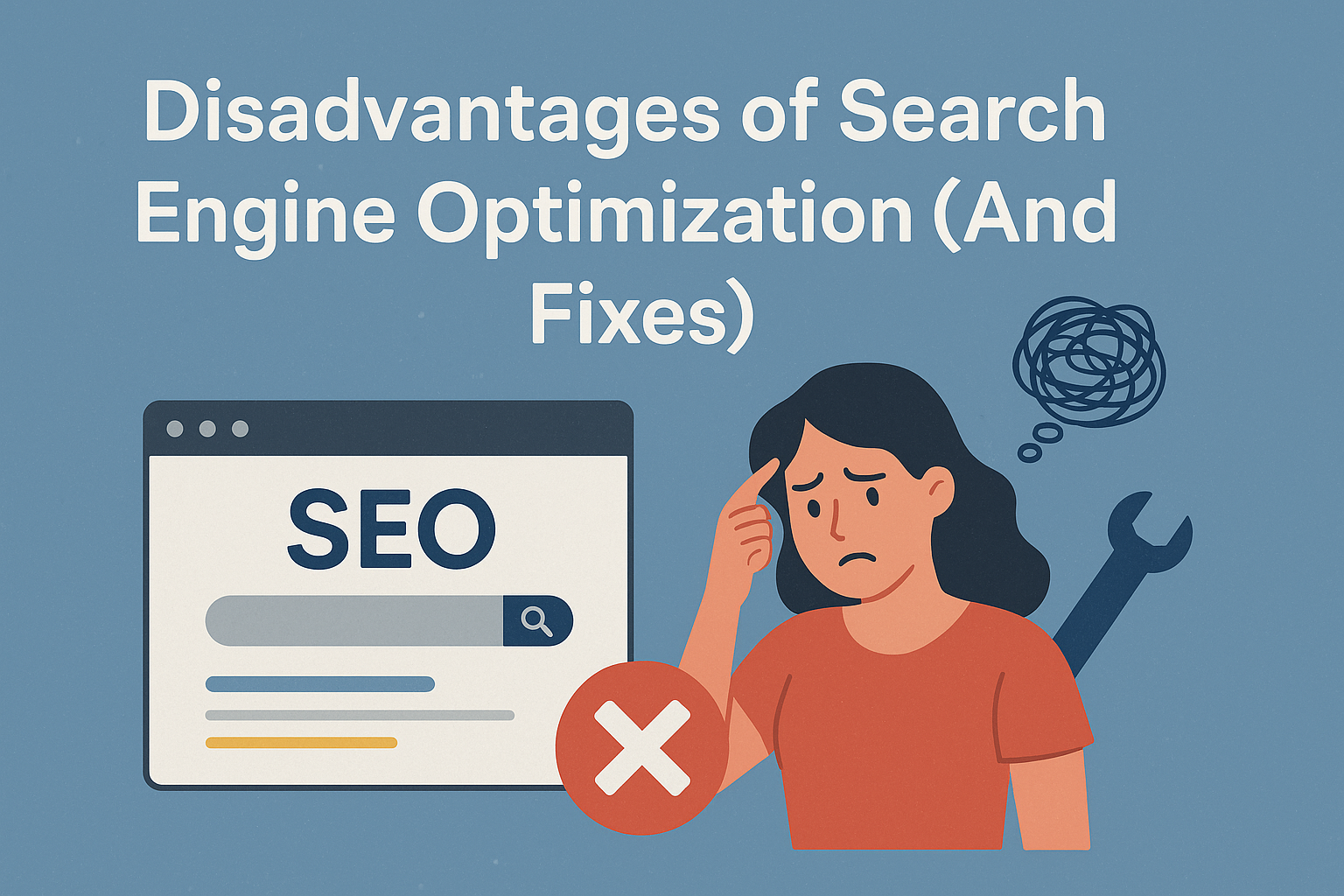

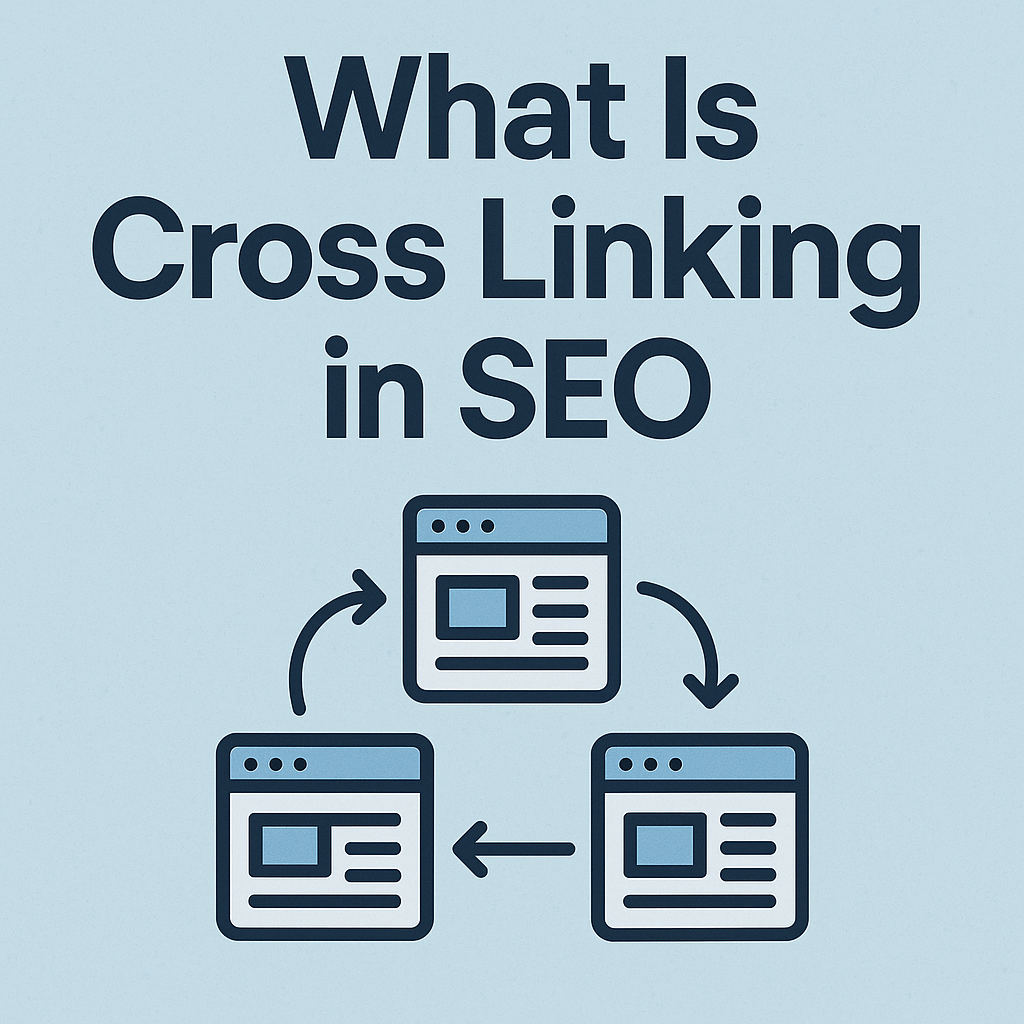


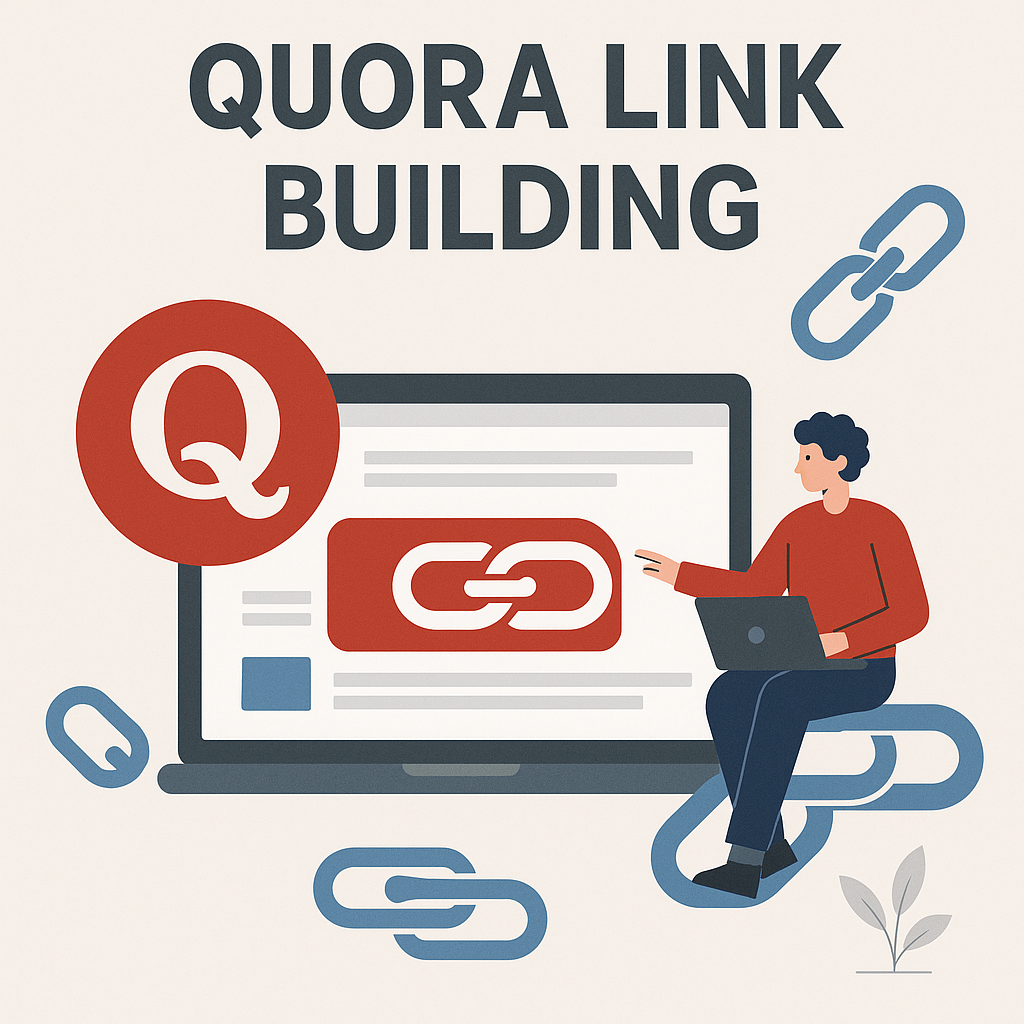
![How Many Outbound Links Per Blog [2025 Updated]](https://backlinkmanagement.io/wp-content/uploads/2025/06/How-Many-Outbound-Links-Per-Blog.png)
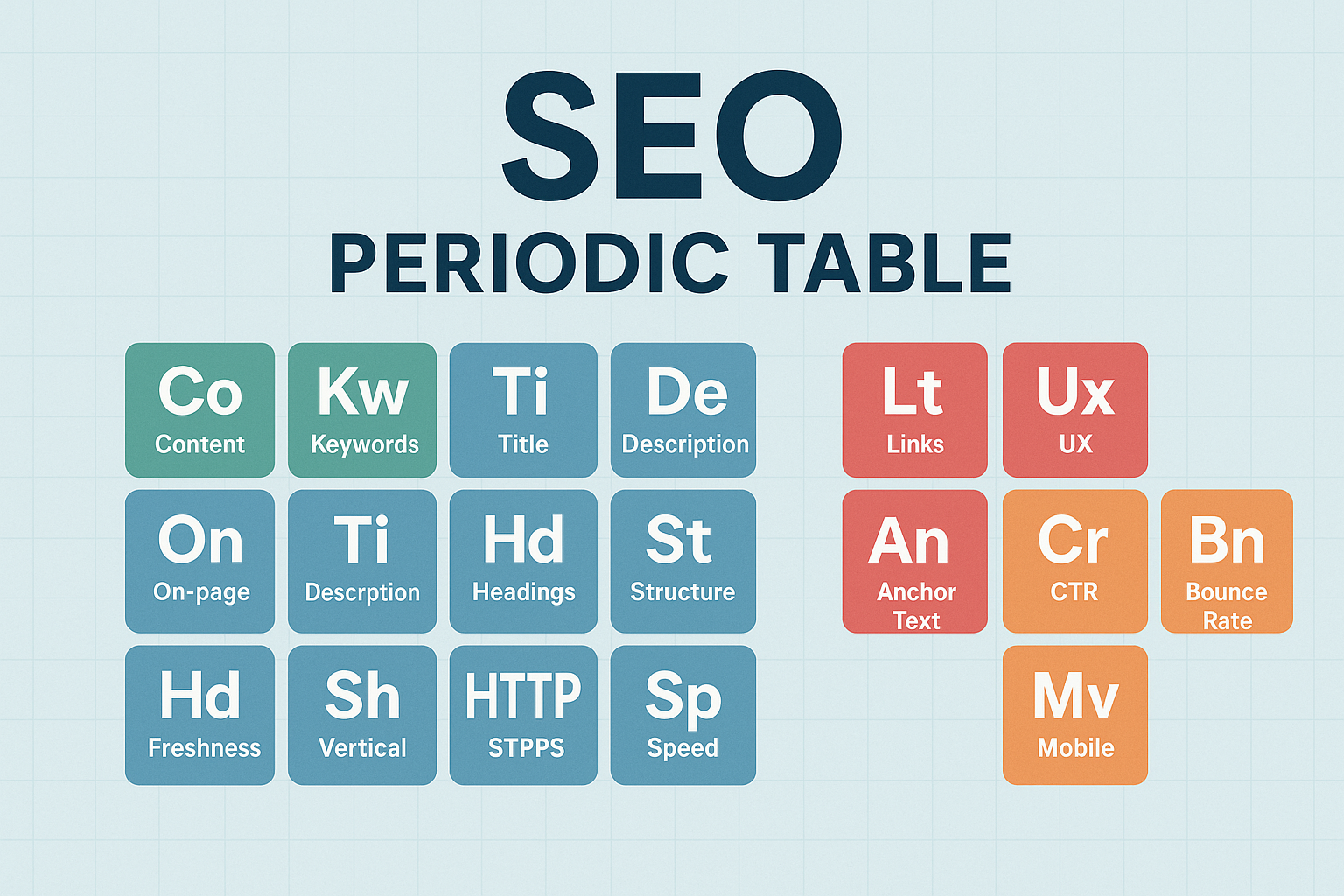

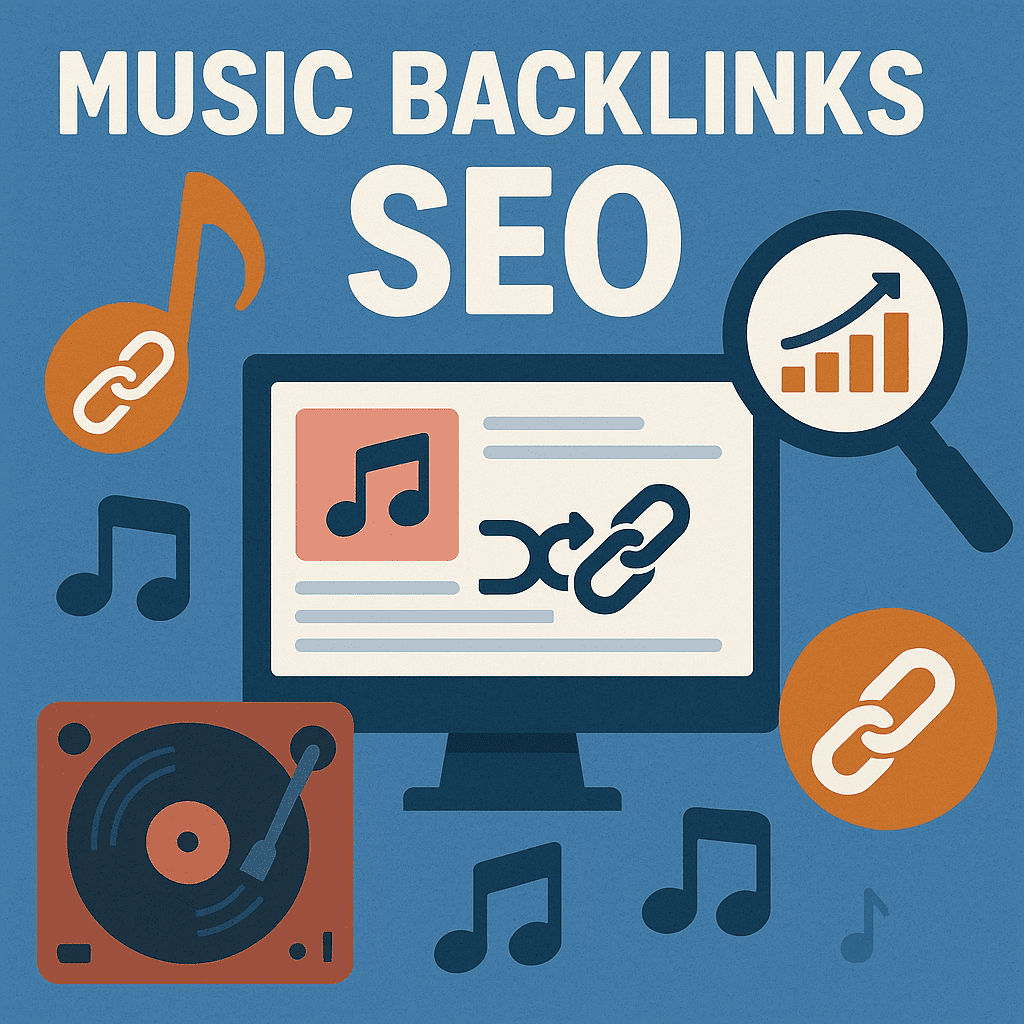

![B2B and B2C Website Examples [2025 Updated]](https://backlinkmanagement.io/wp-content/uploads/2025/05/B2B-and-B2C-Website-Example-.png)
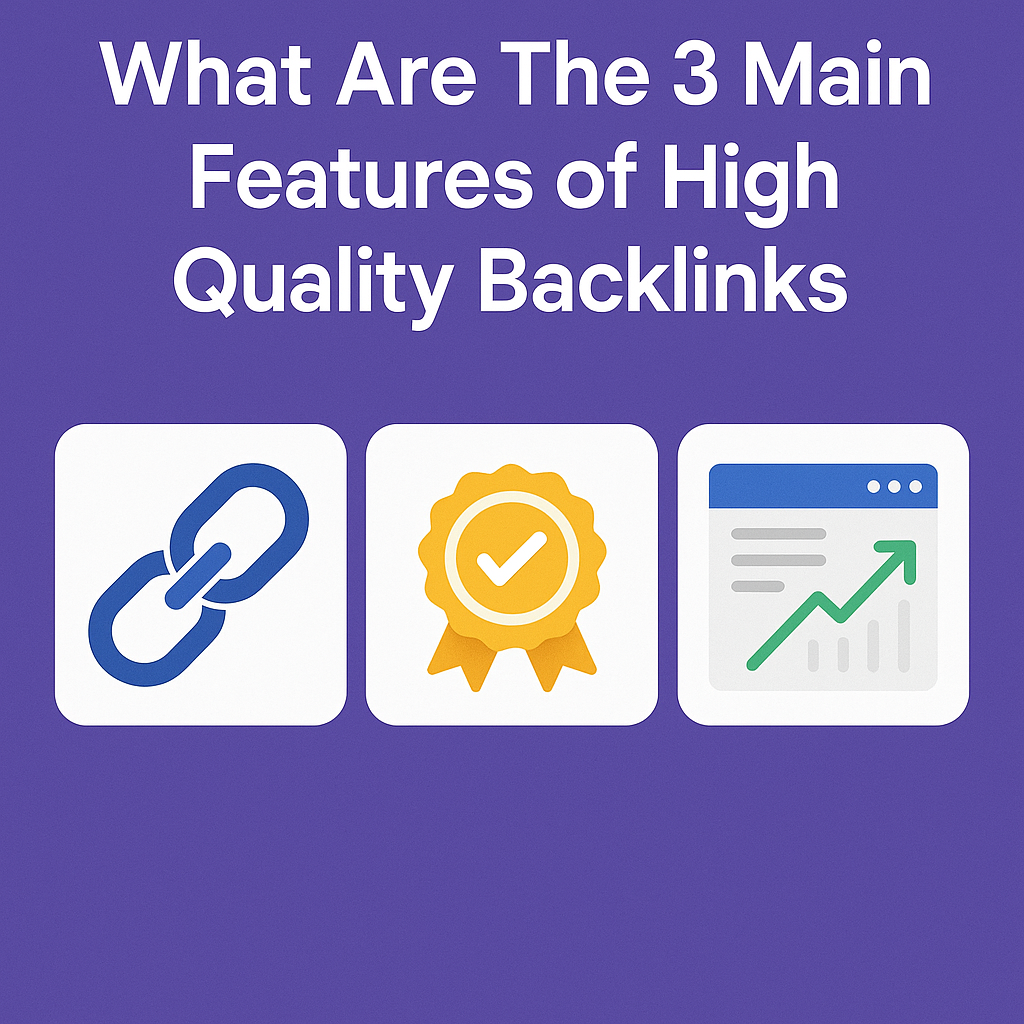

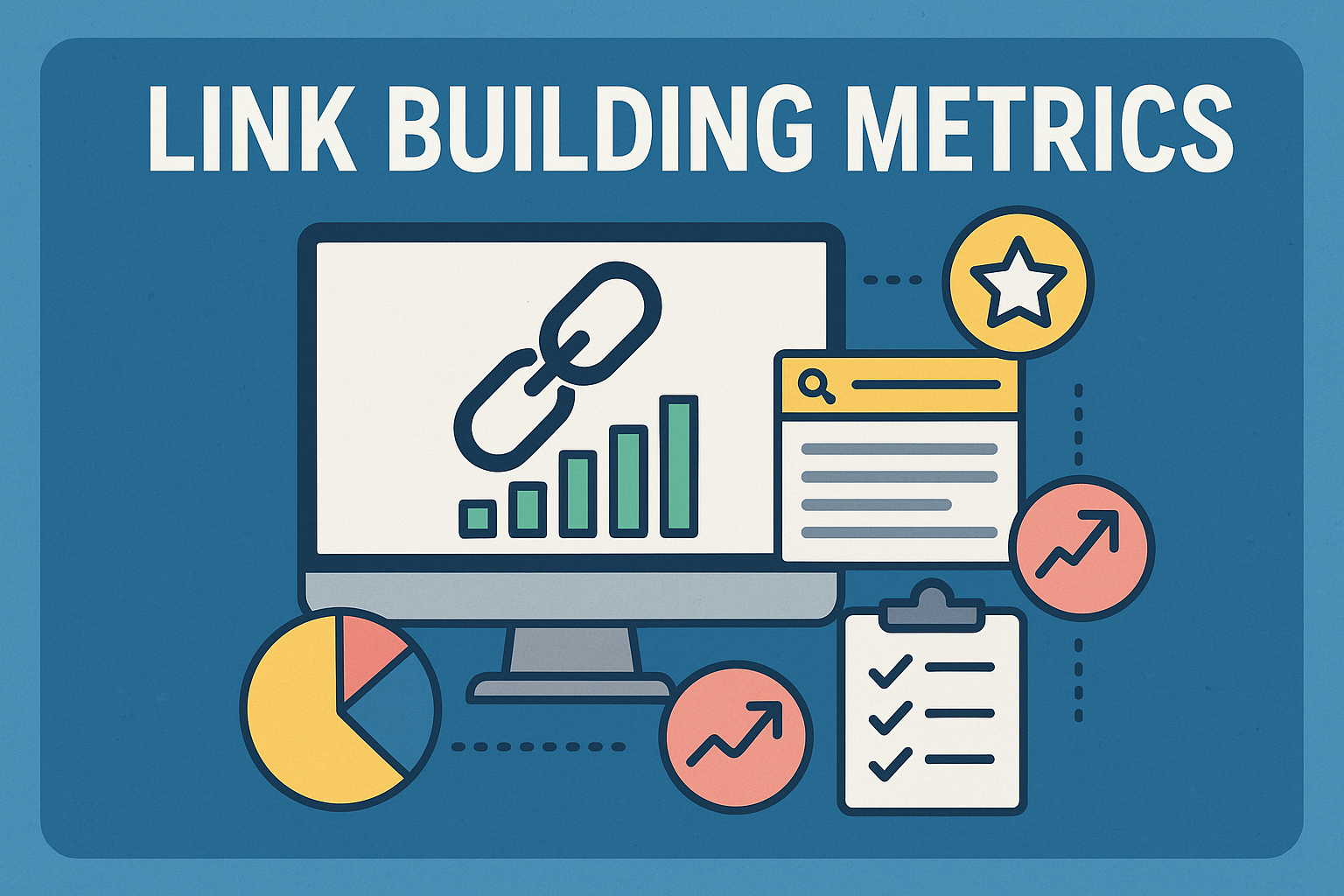
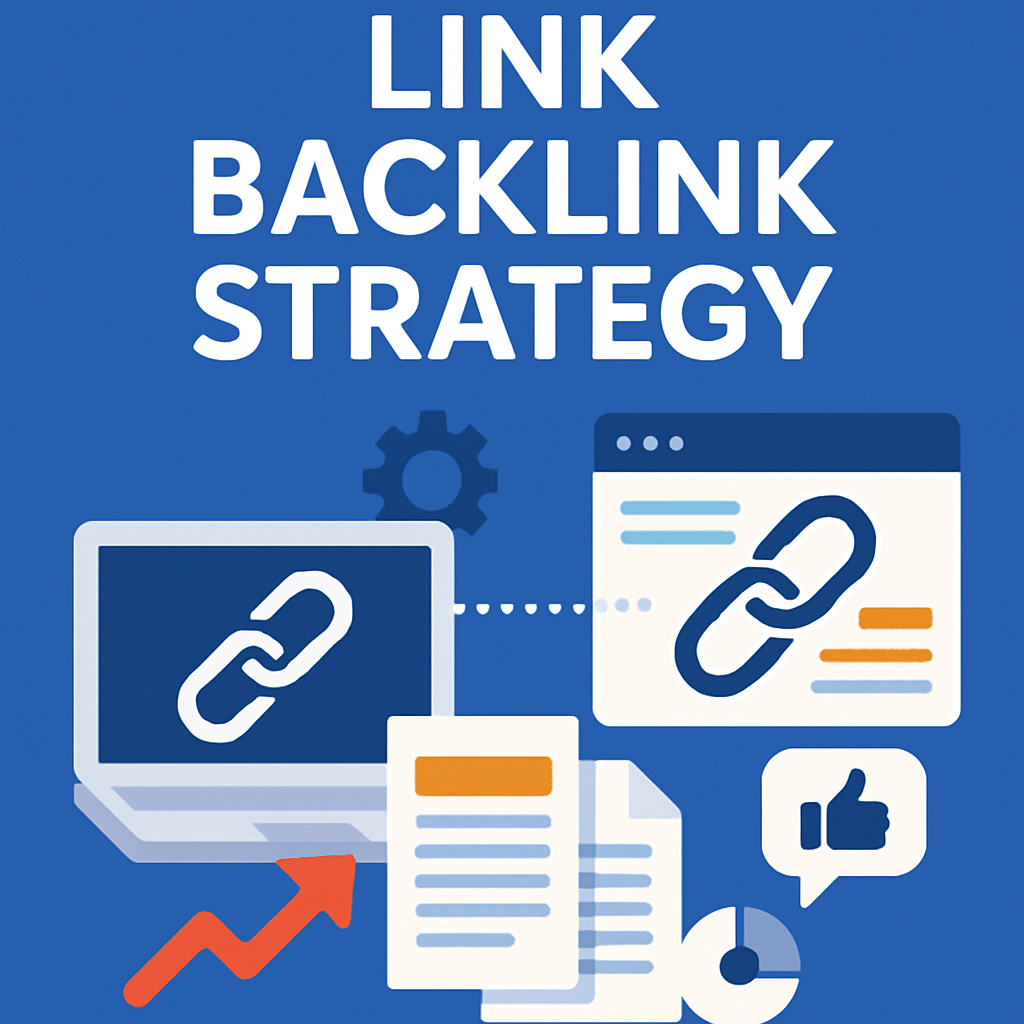


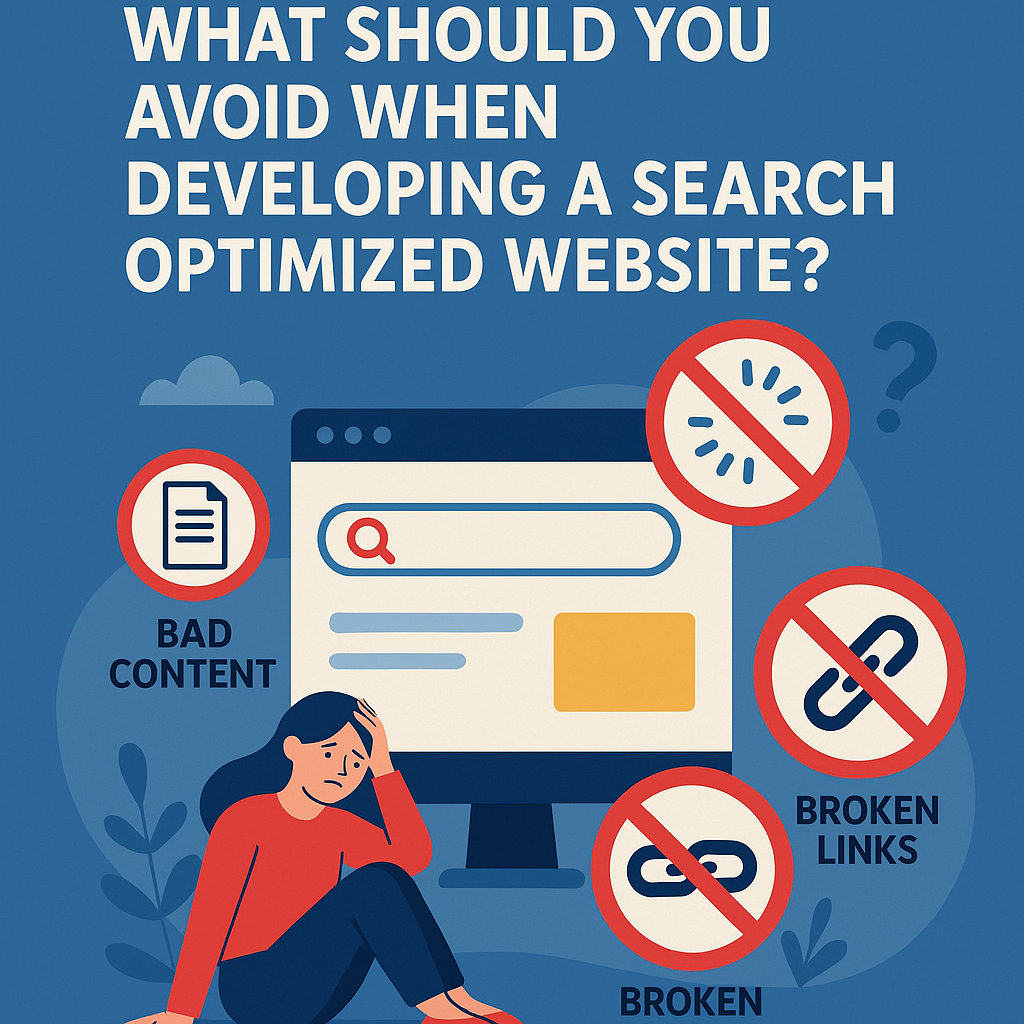
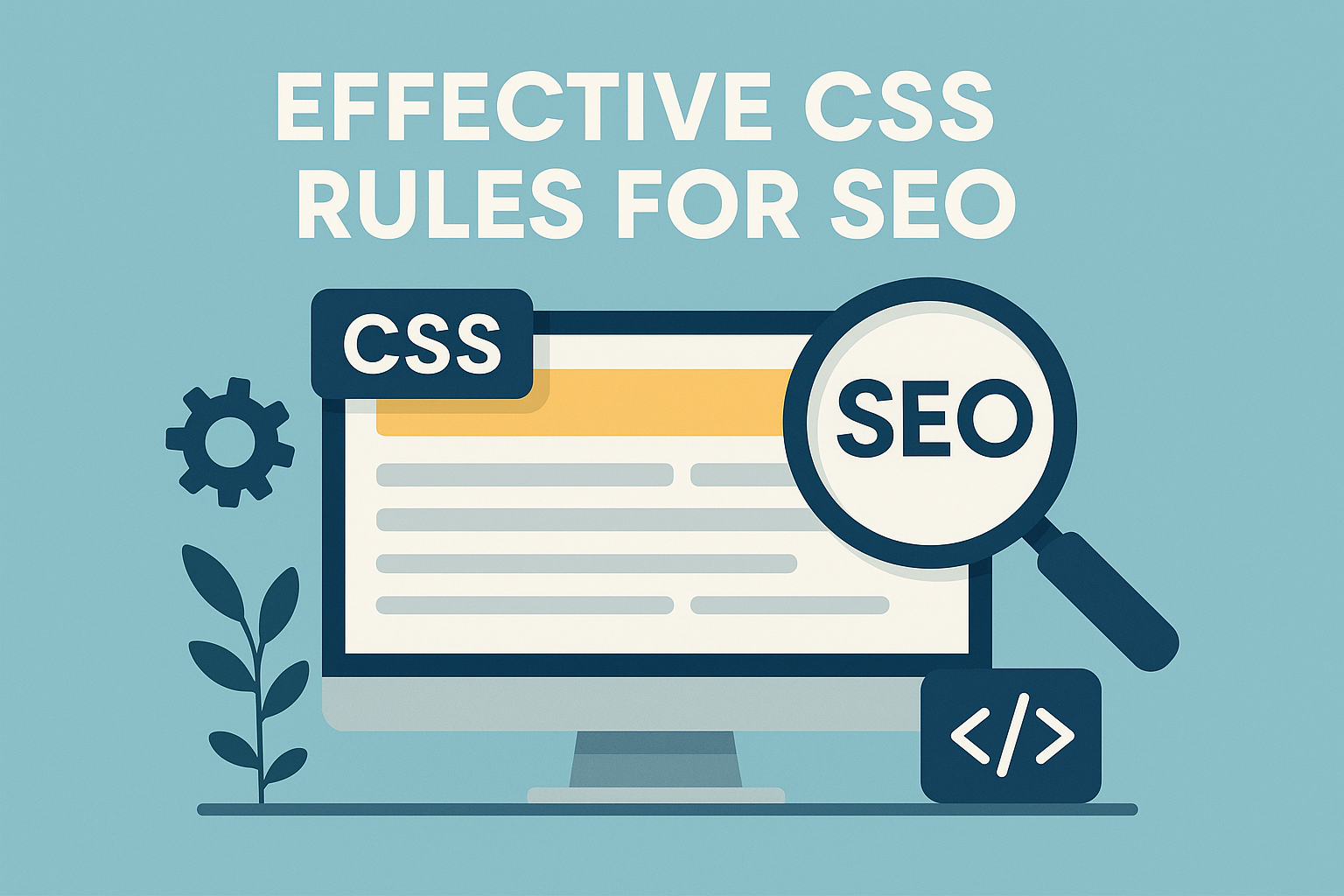

![What To Do After Keyword Research [2025 Guide]](https://backlinkmanagement.io/wp-content/uploads/2025/05/What-To-Do-After-Keyword-Research.png)
![Is Page Speed Really A Ranking Factor? [2025]](https://backlinkmanagement.io/wp-content/uploads/2025/05/Is-Page-Speed-Really-A-Ranking-Factor.png)
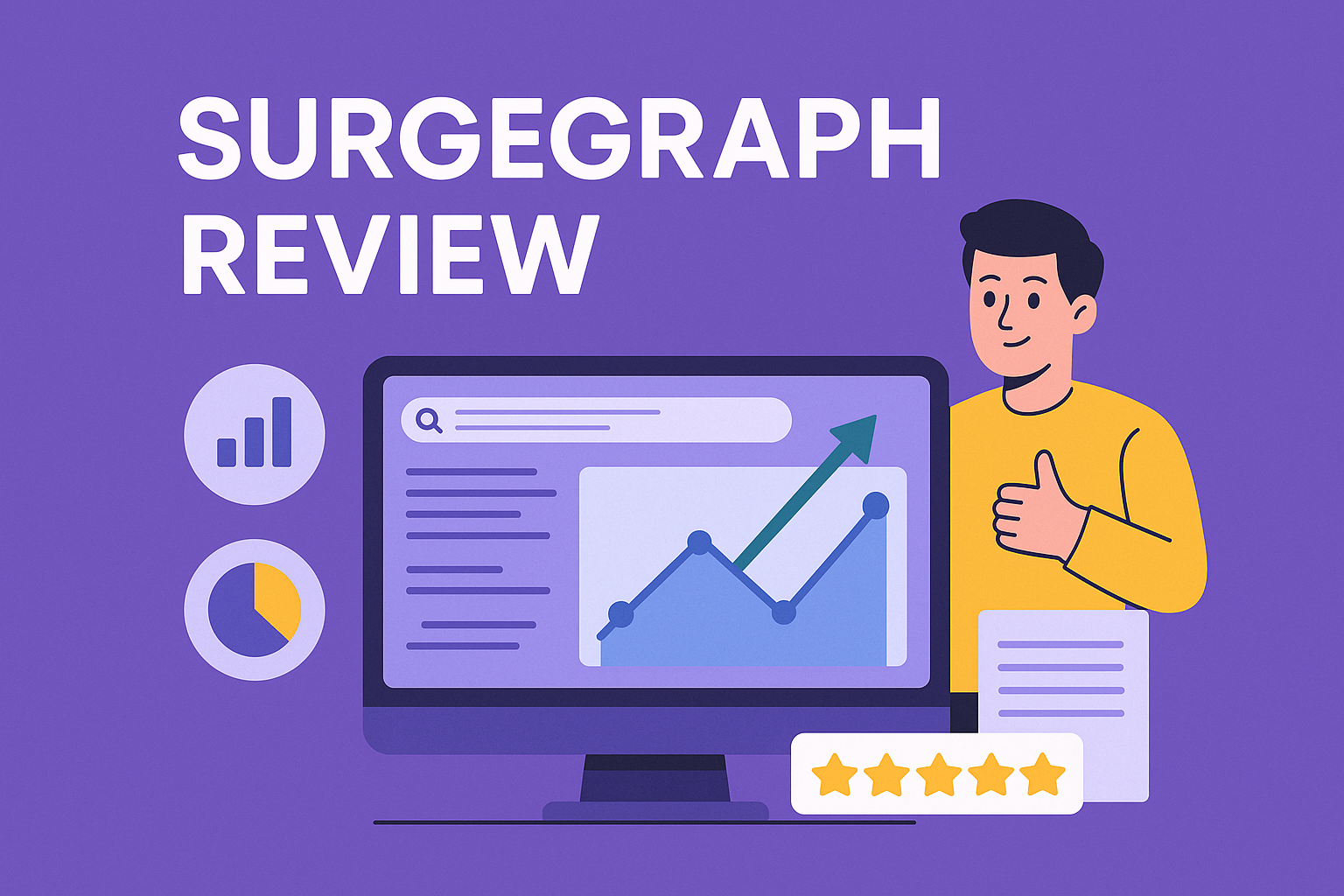




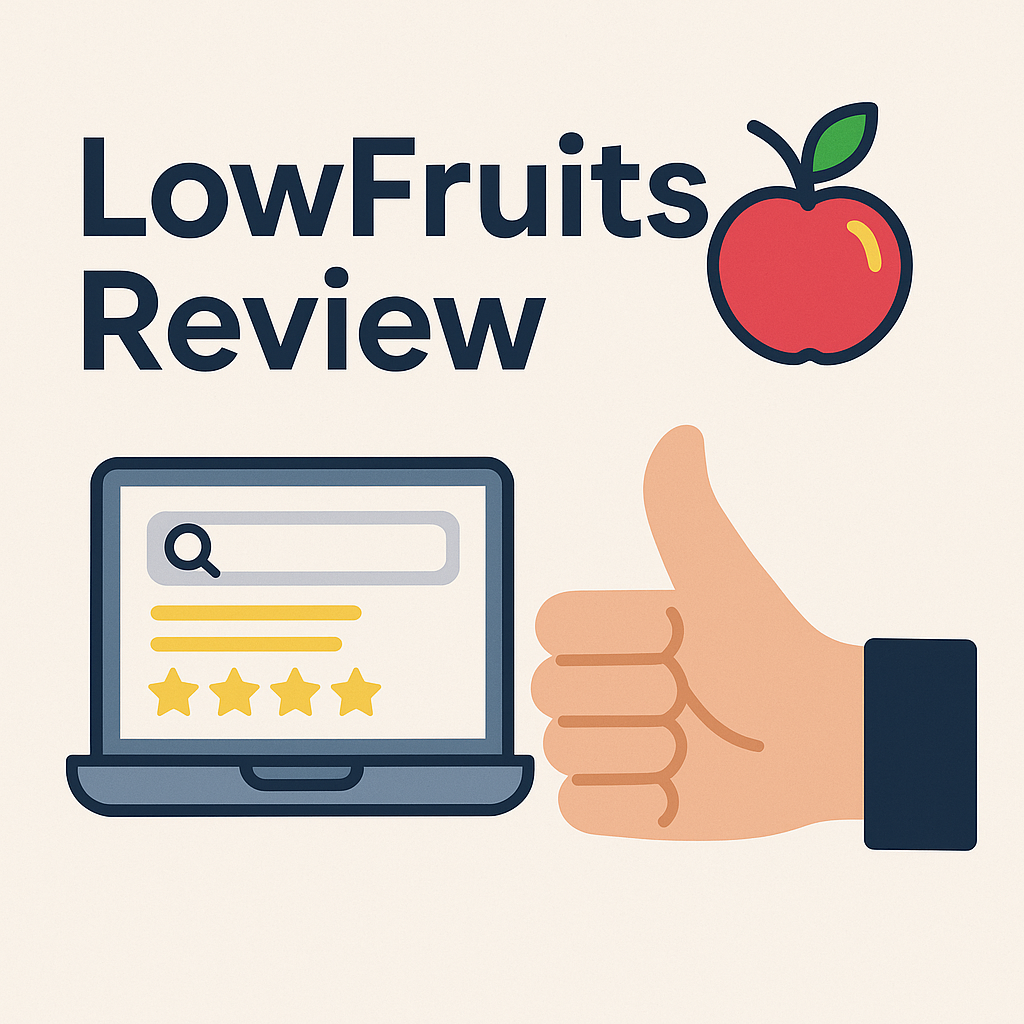

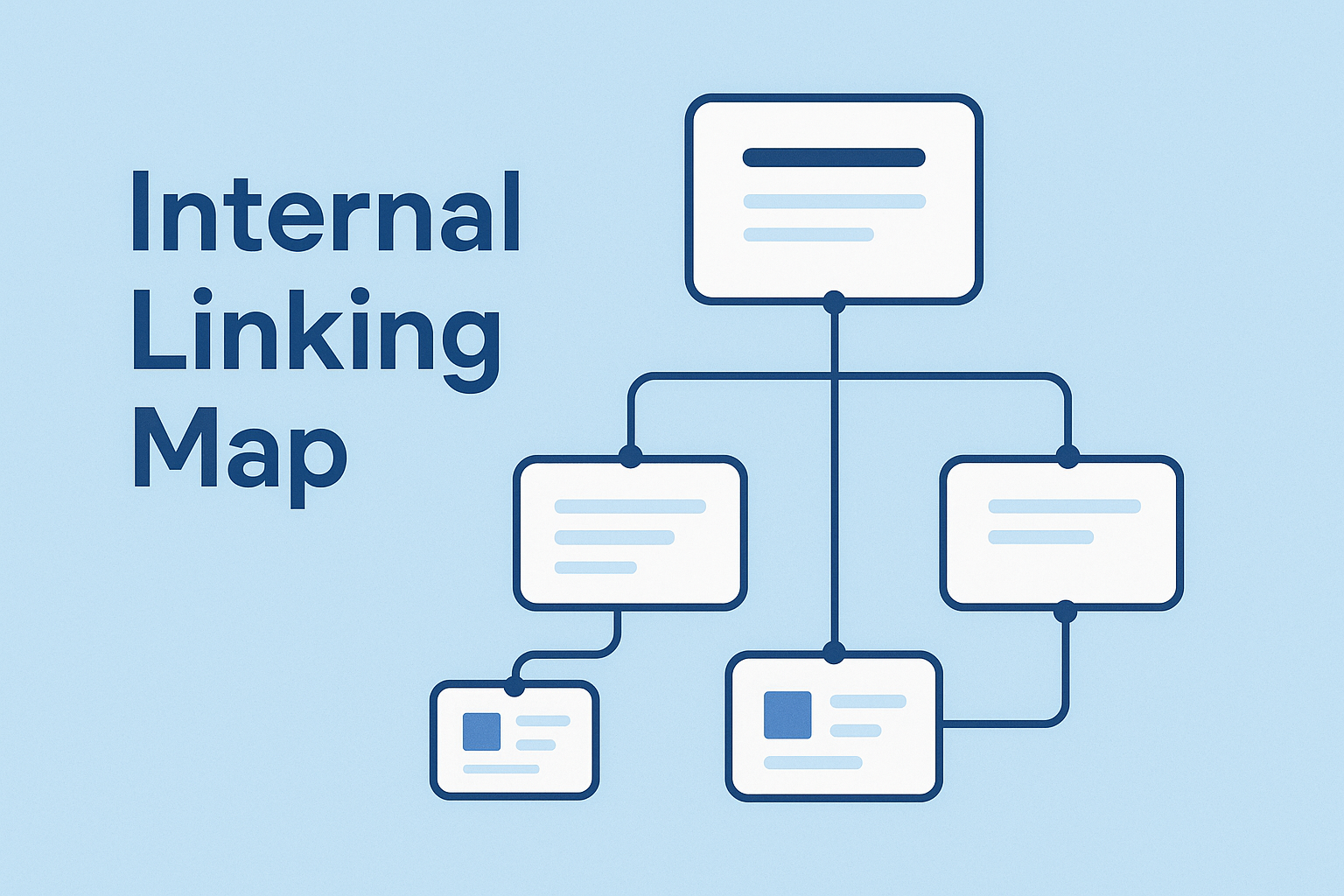

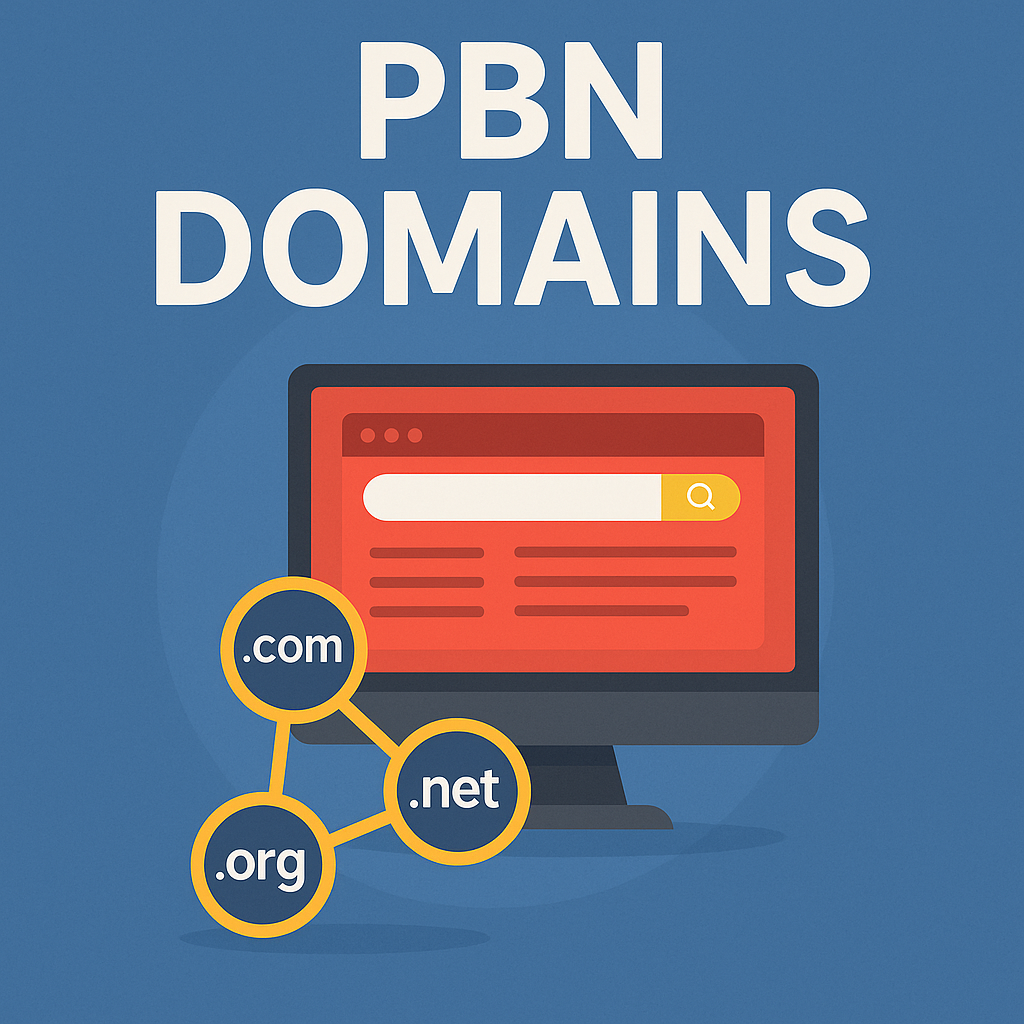
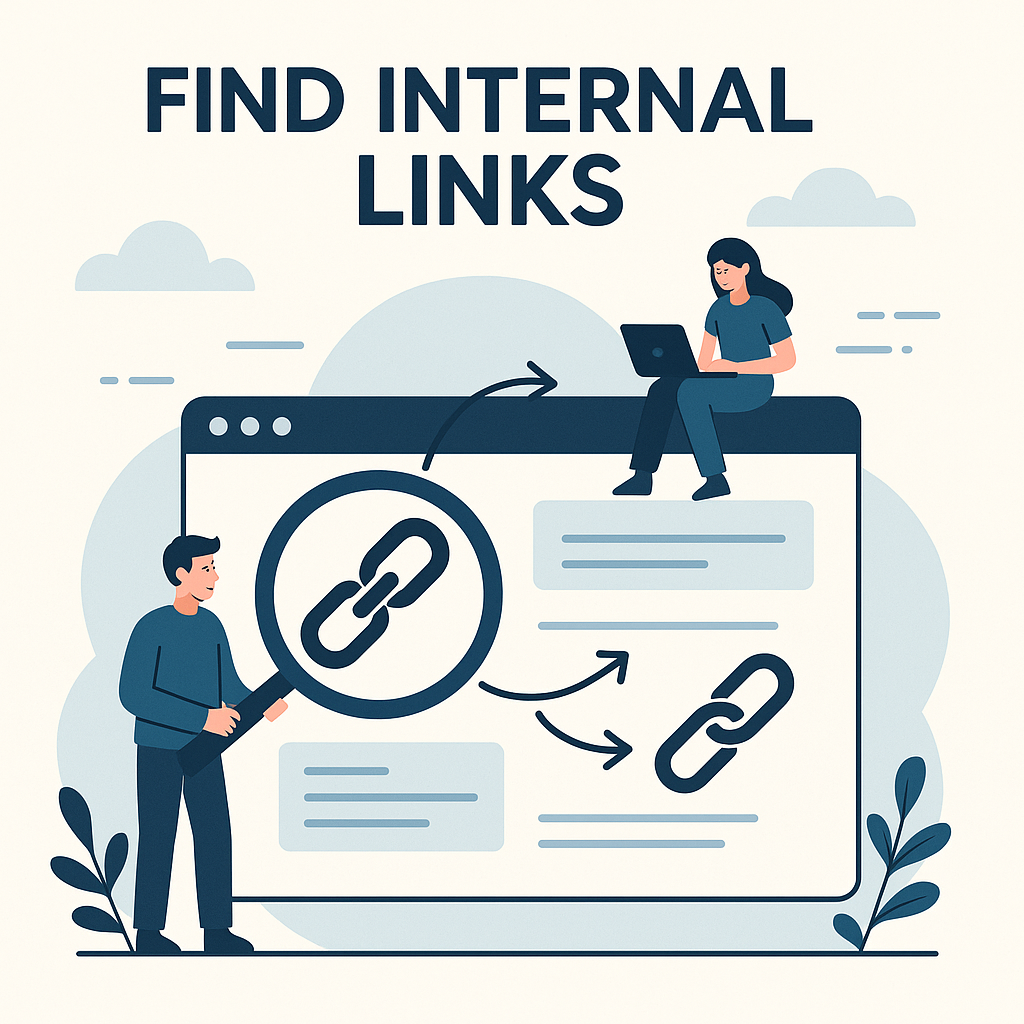
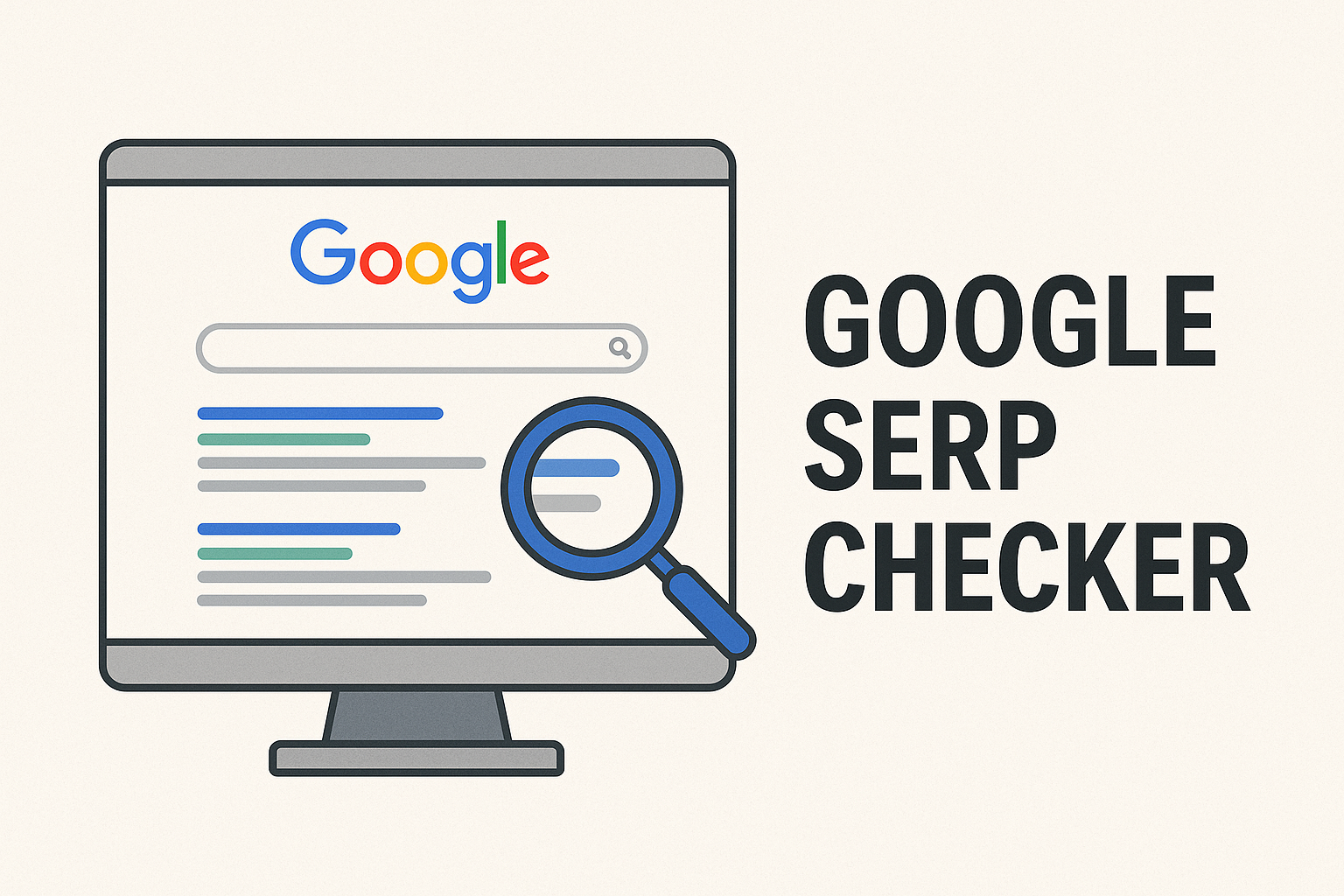



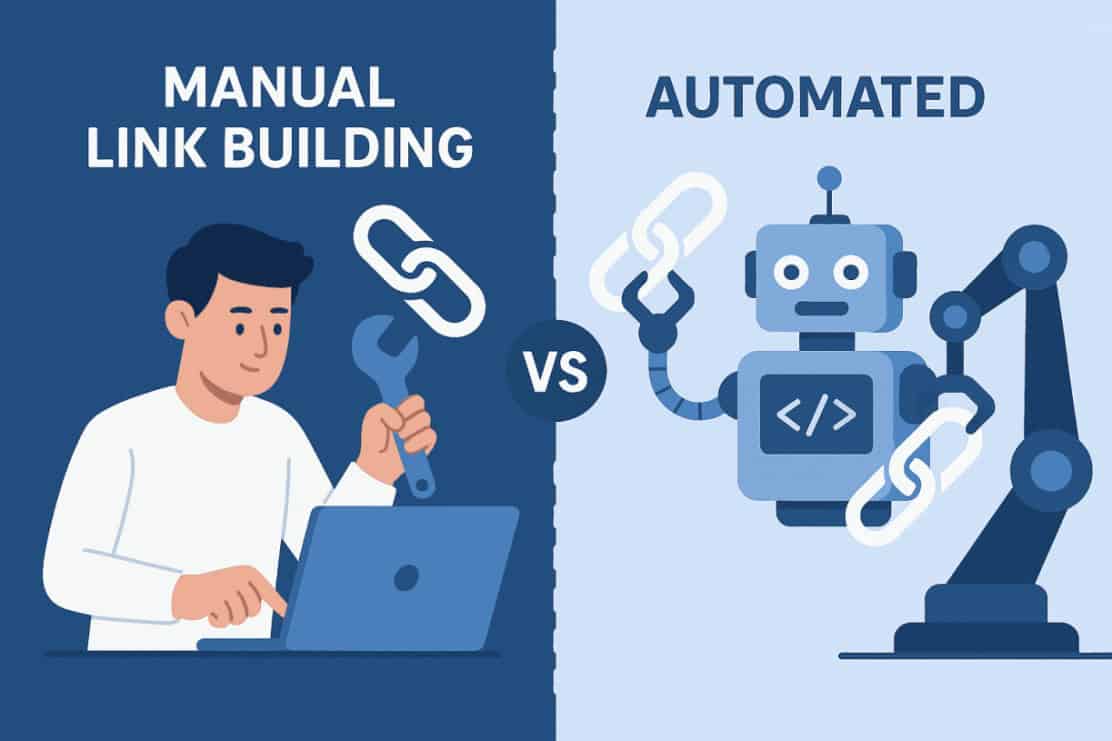

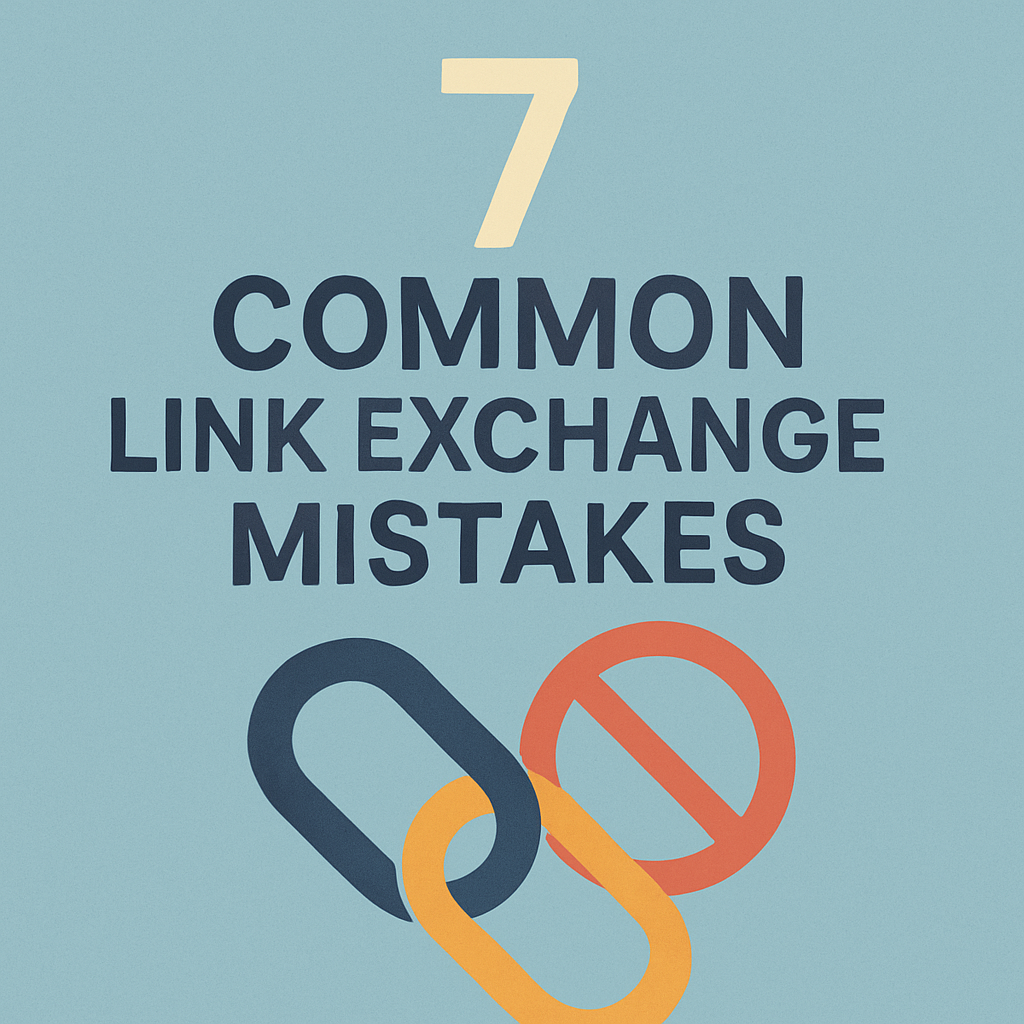
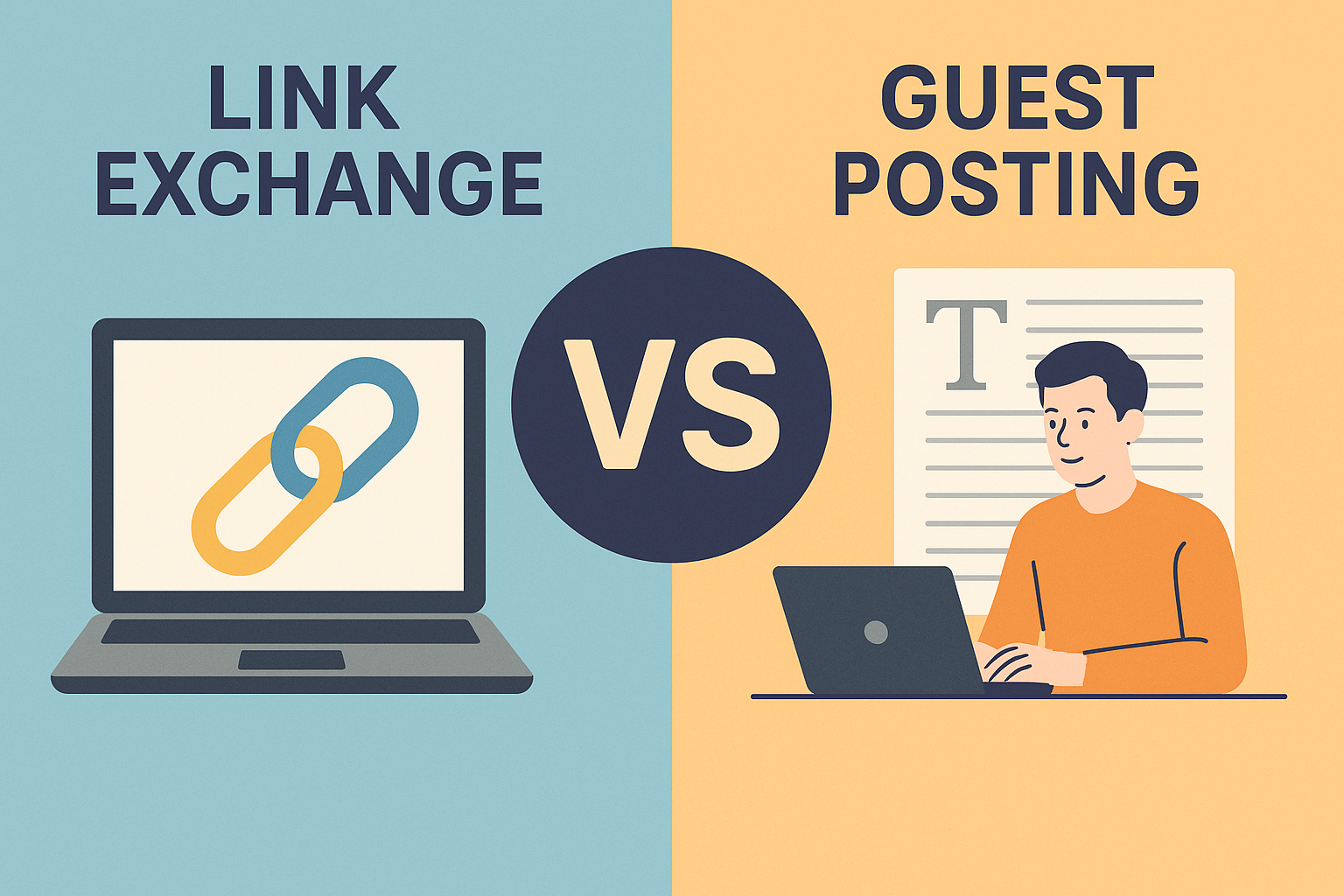
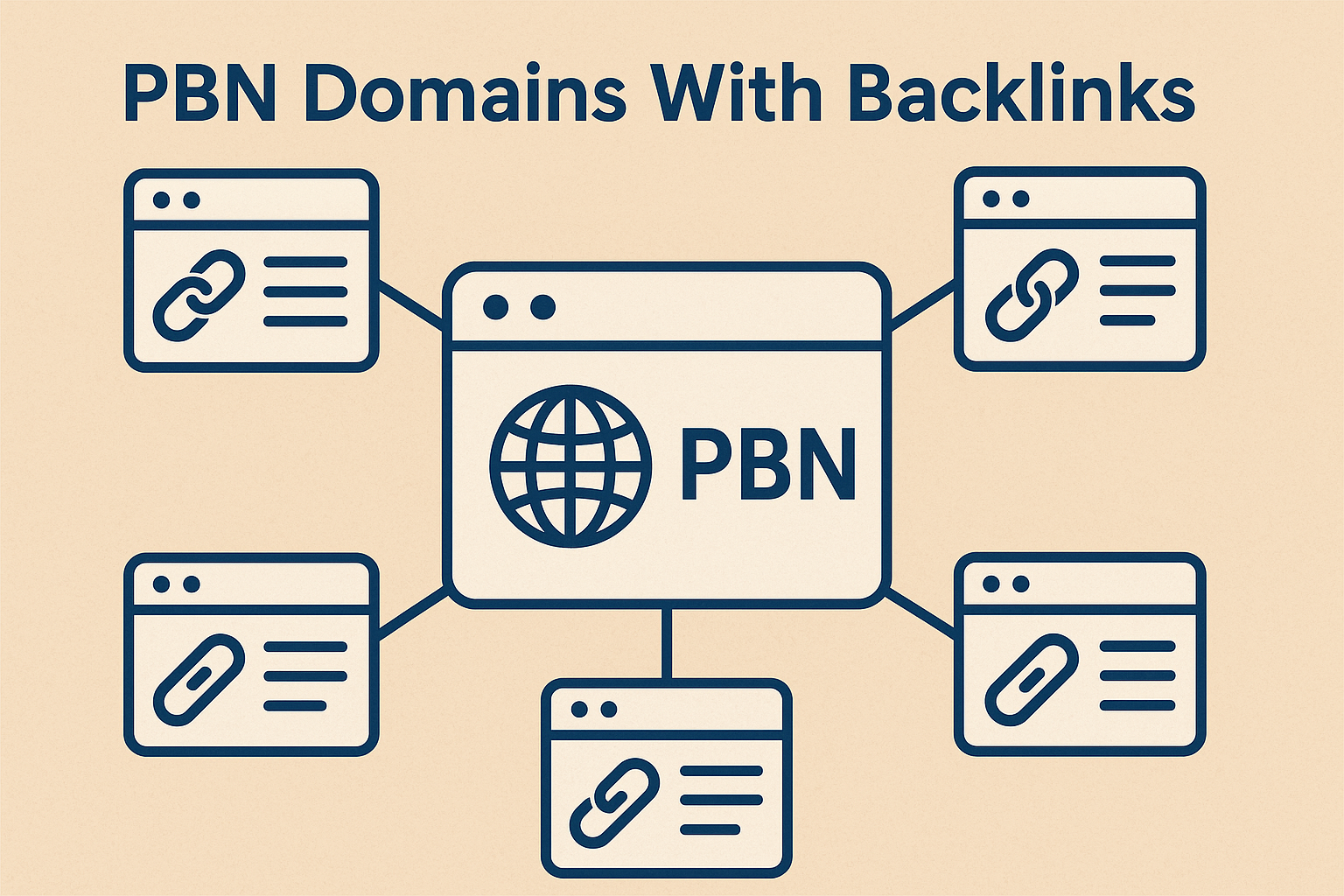
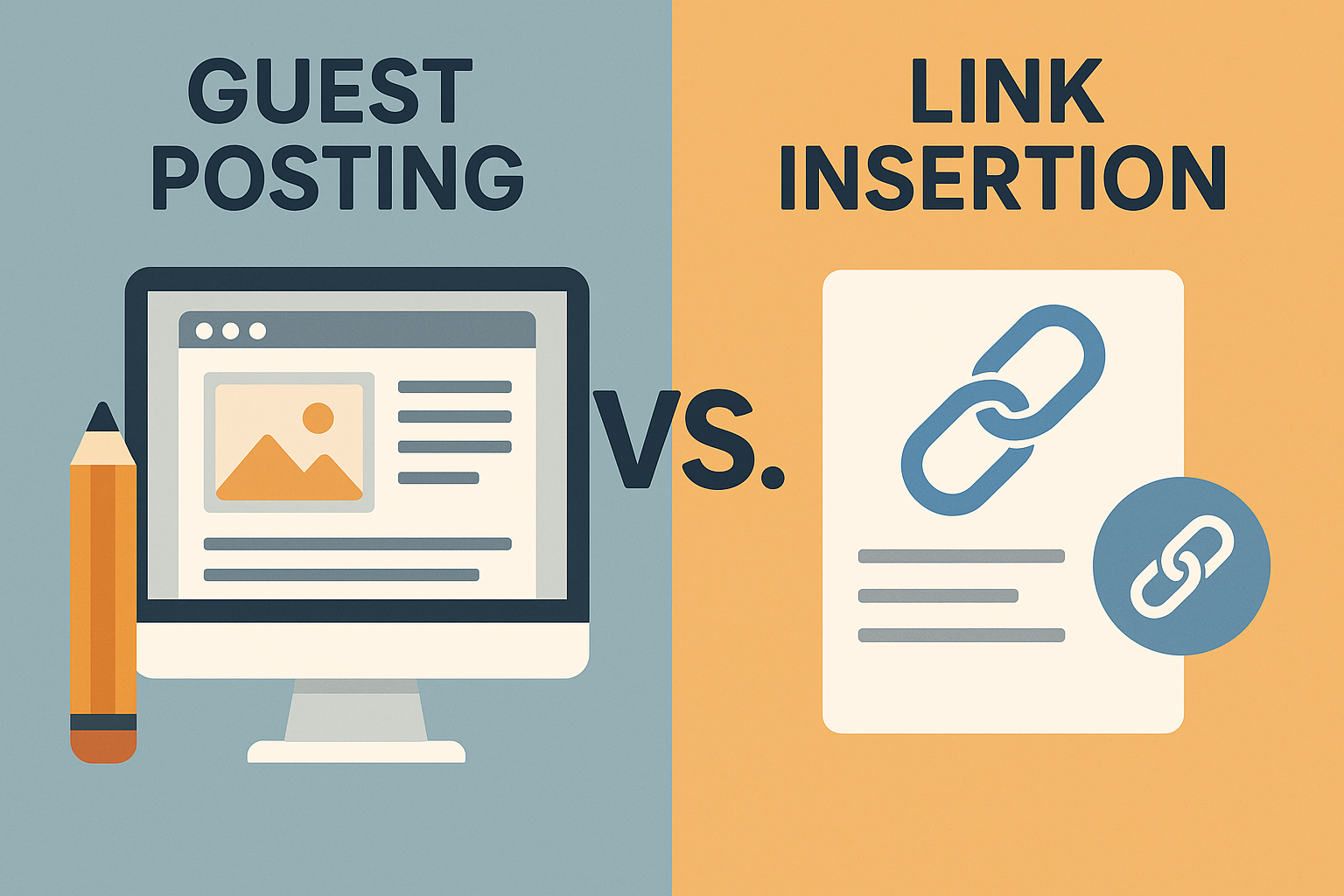
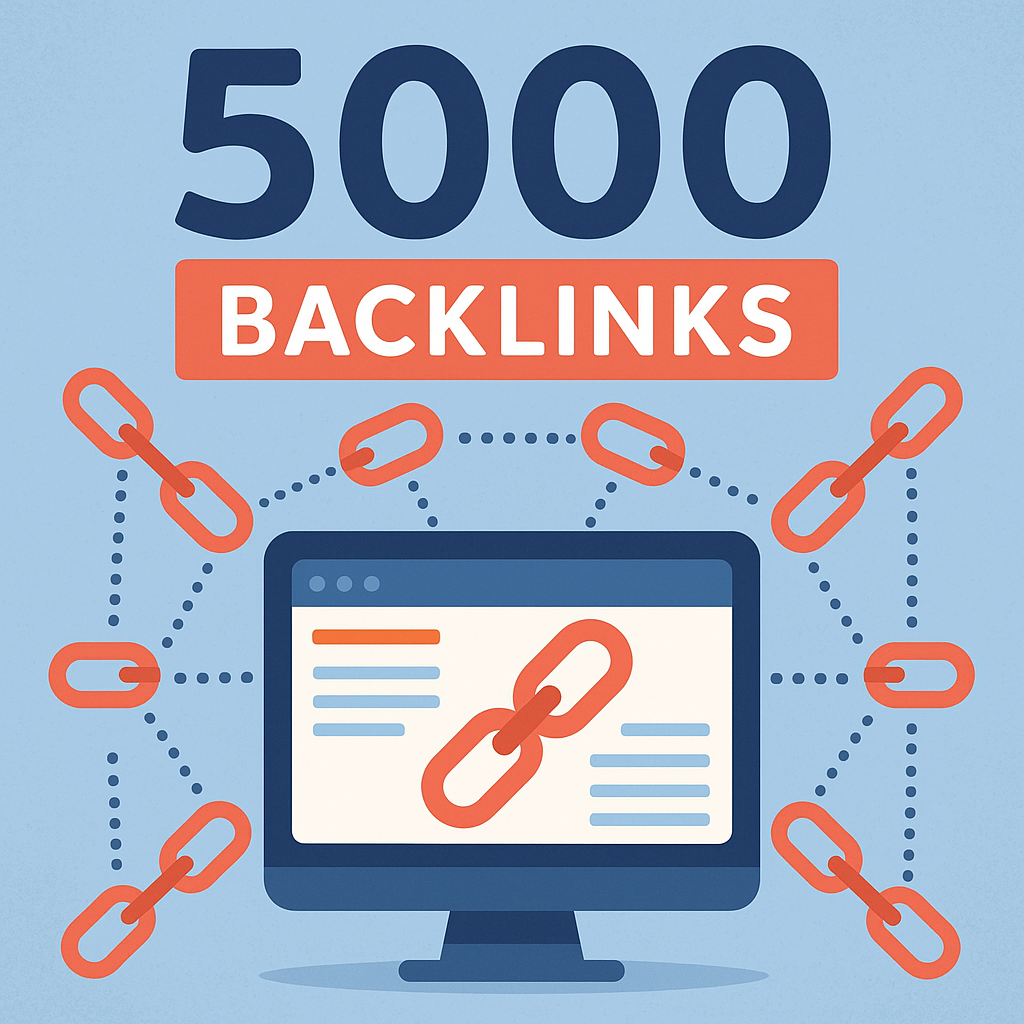

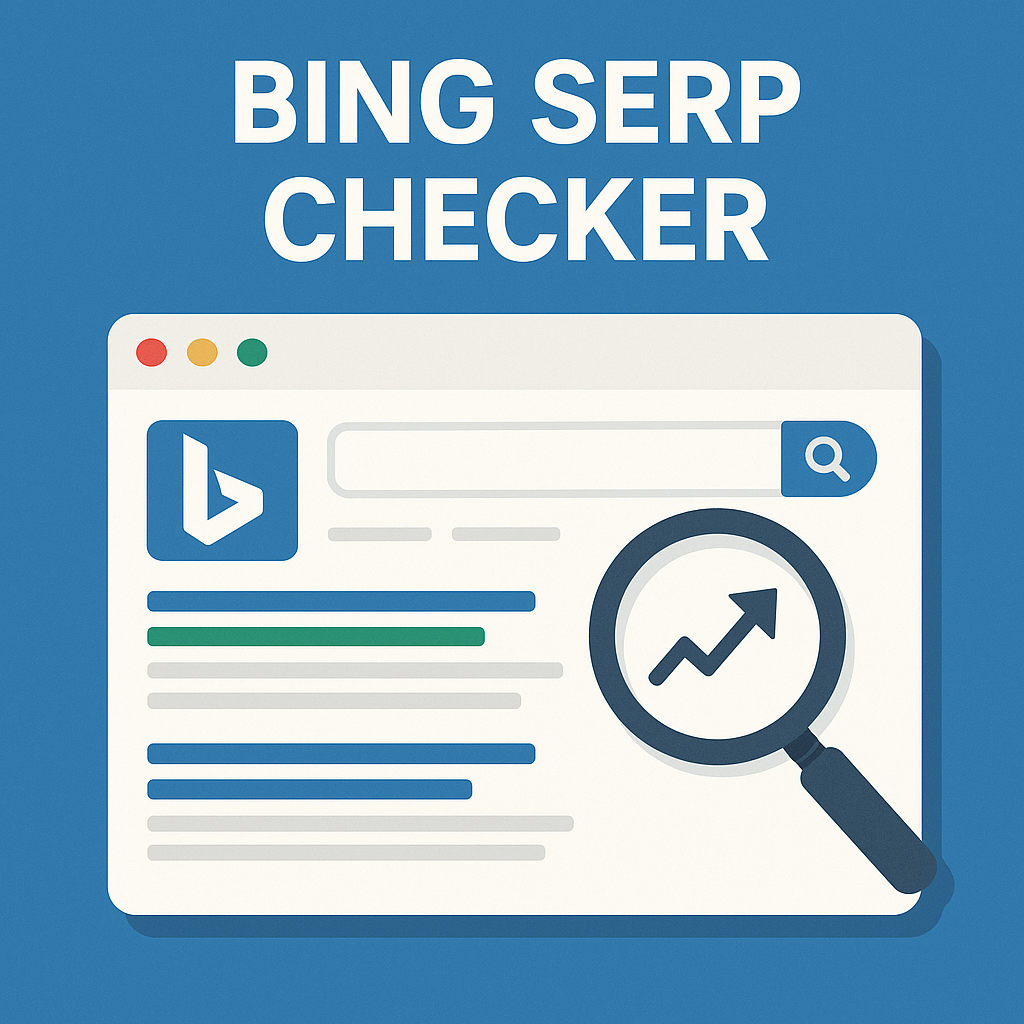
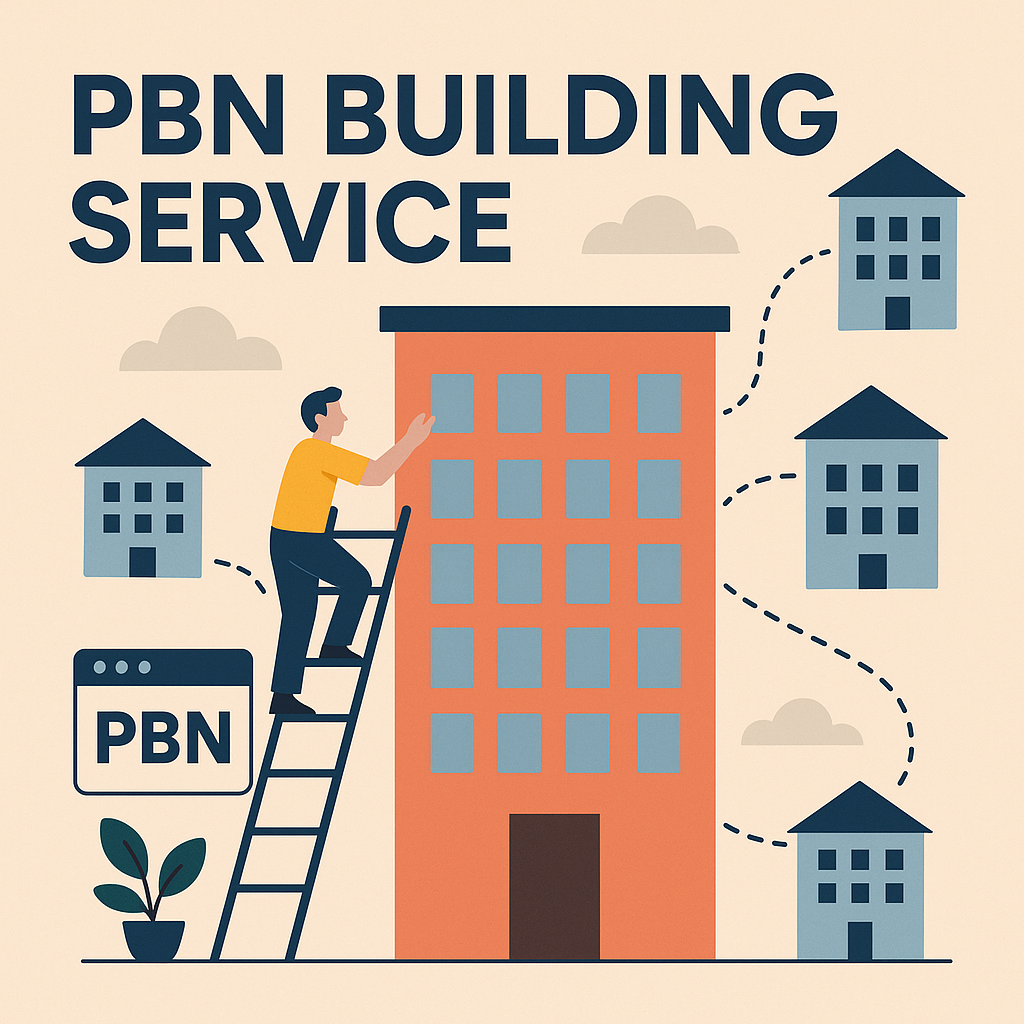
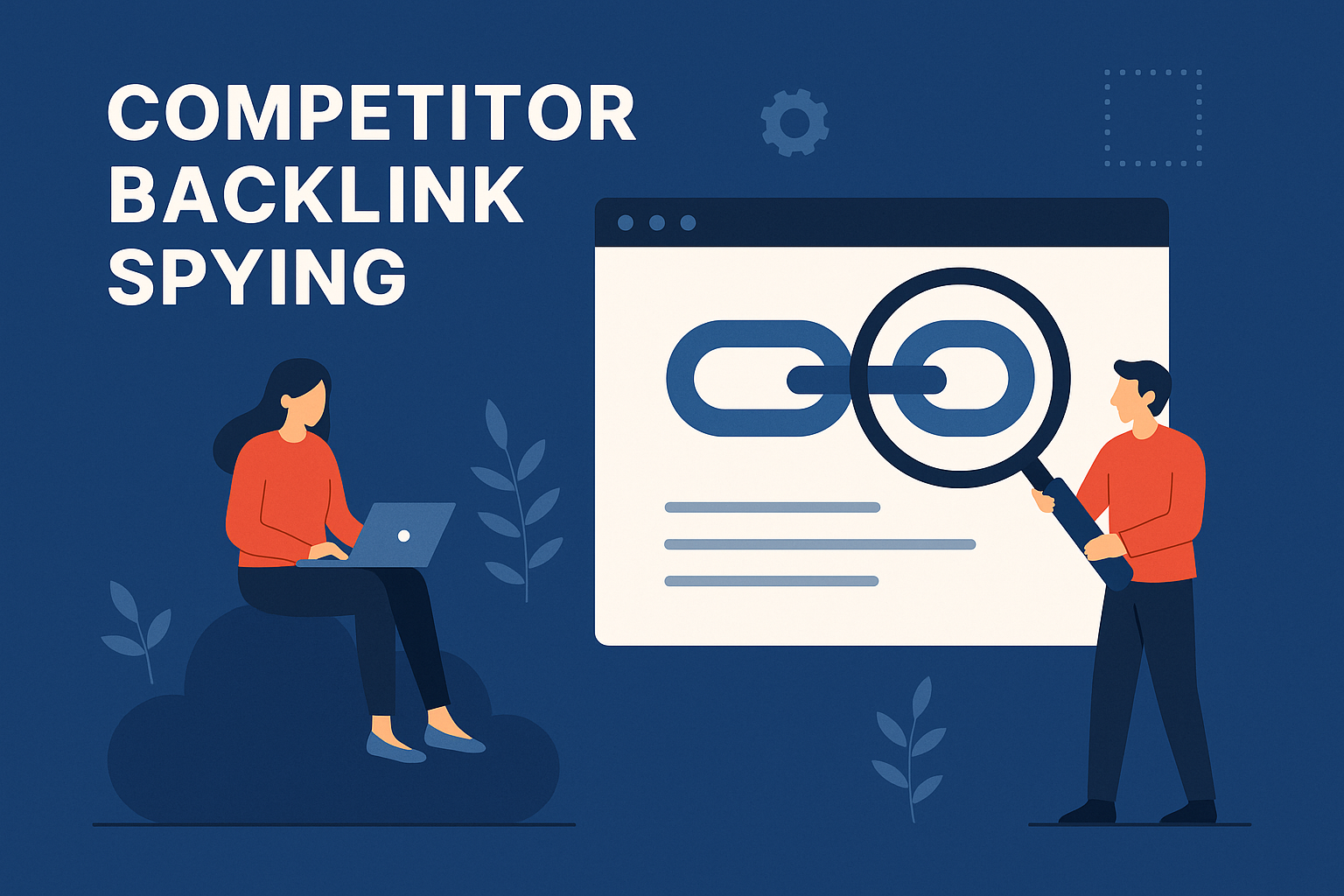
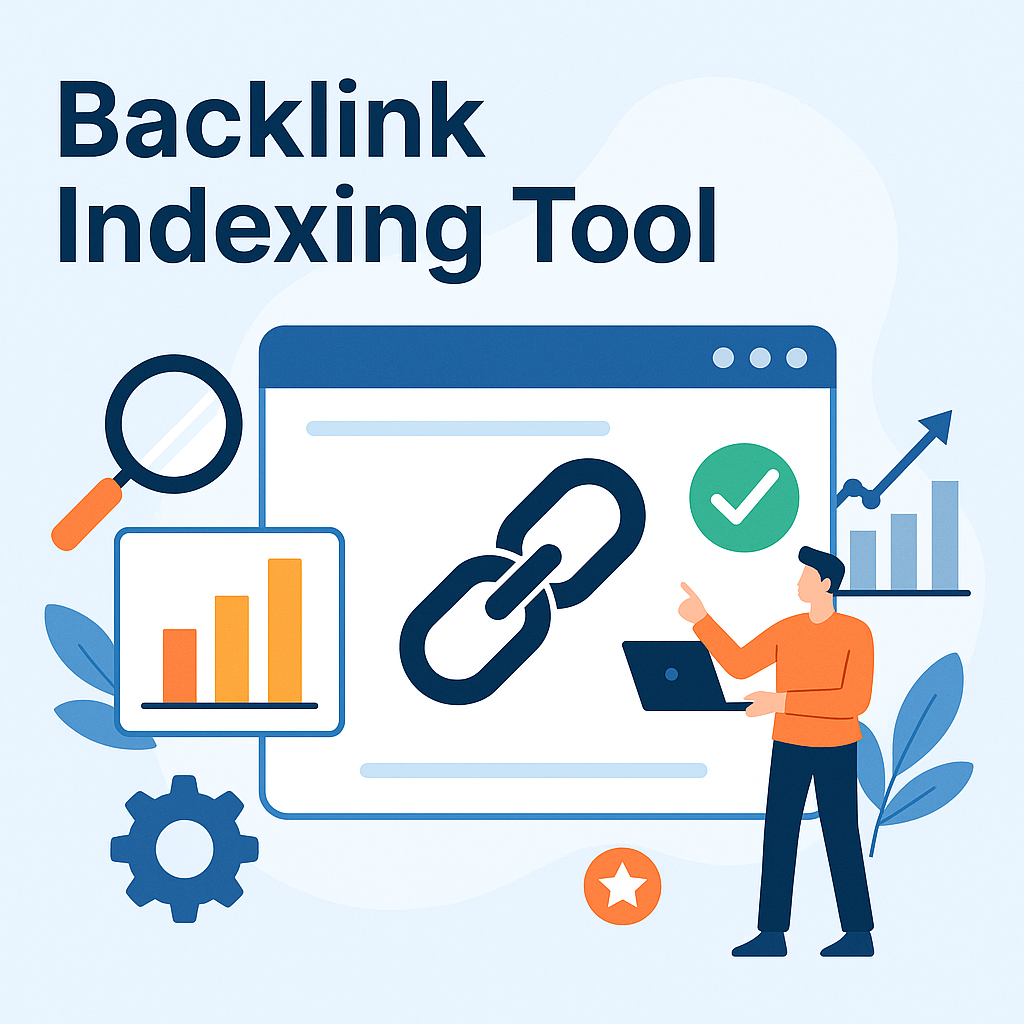

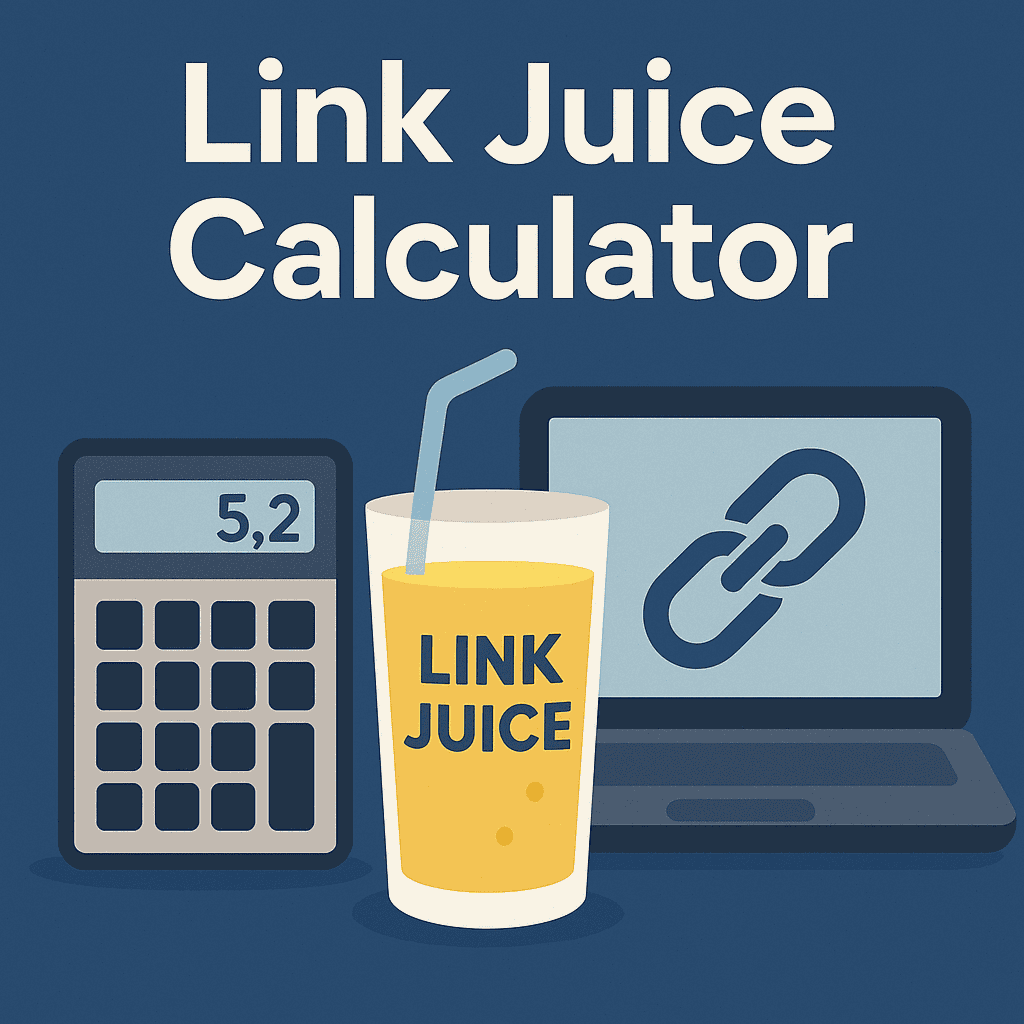


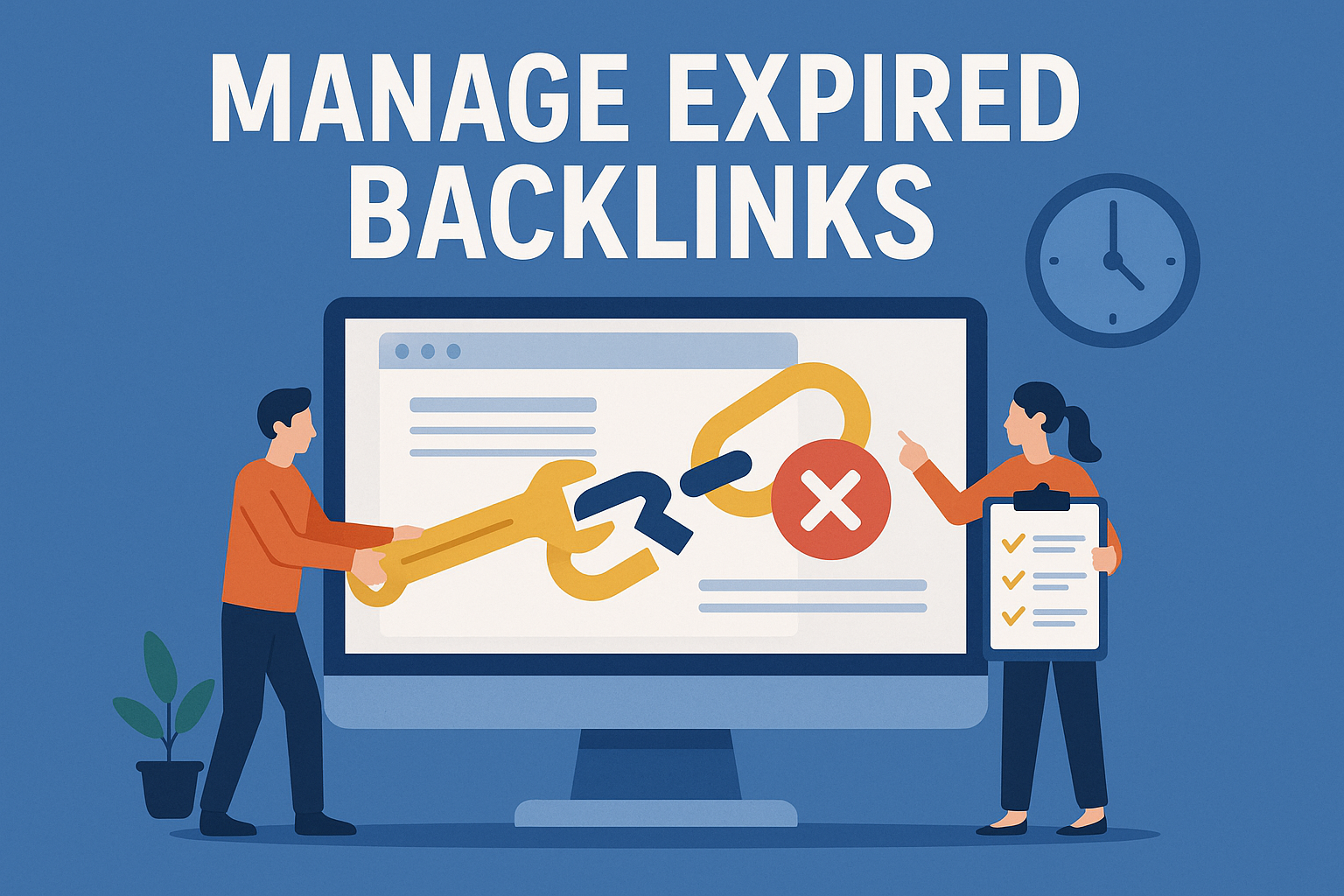

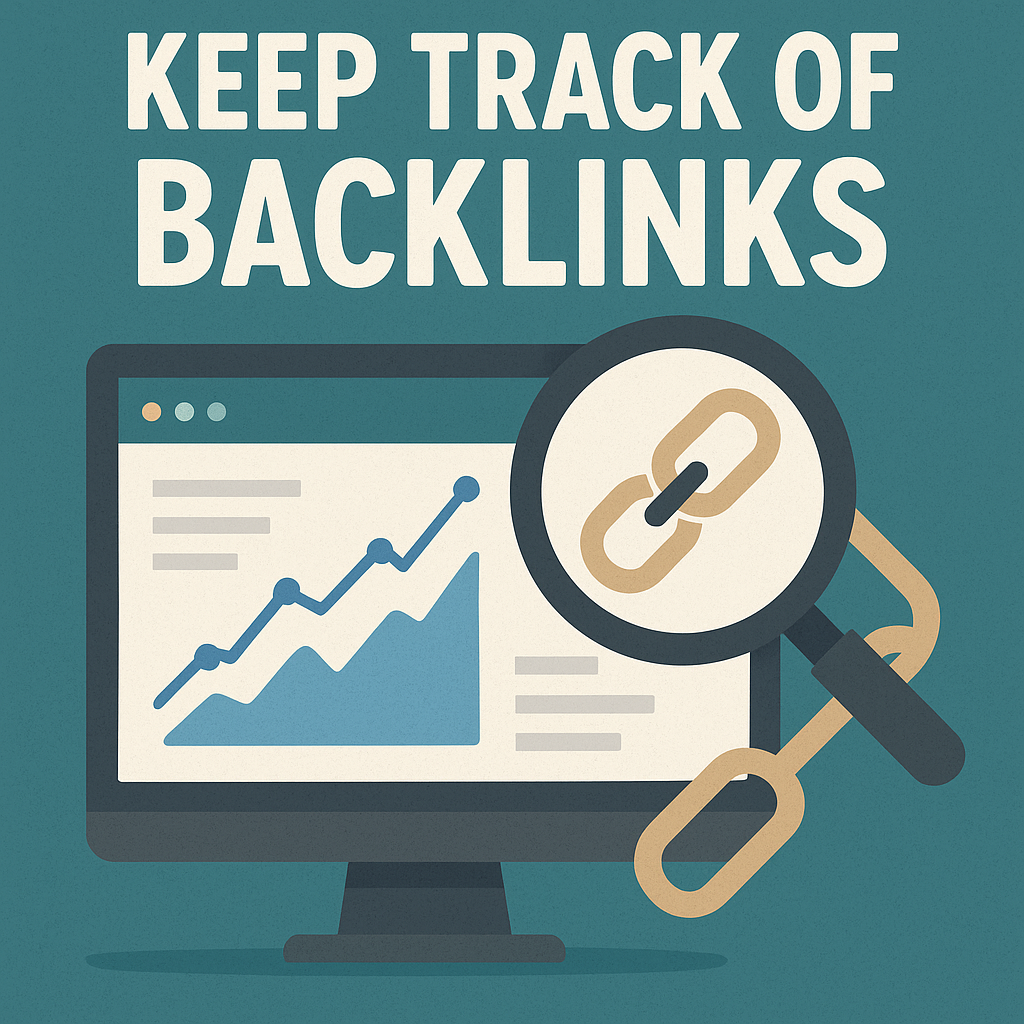
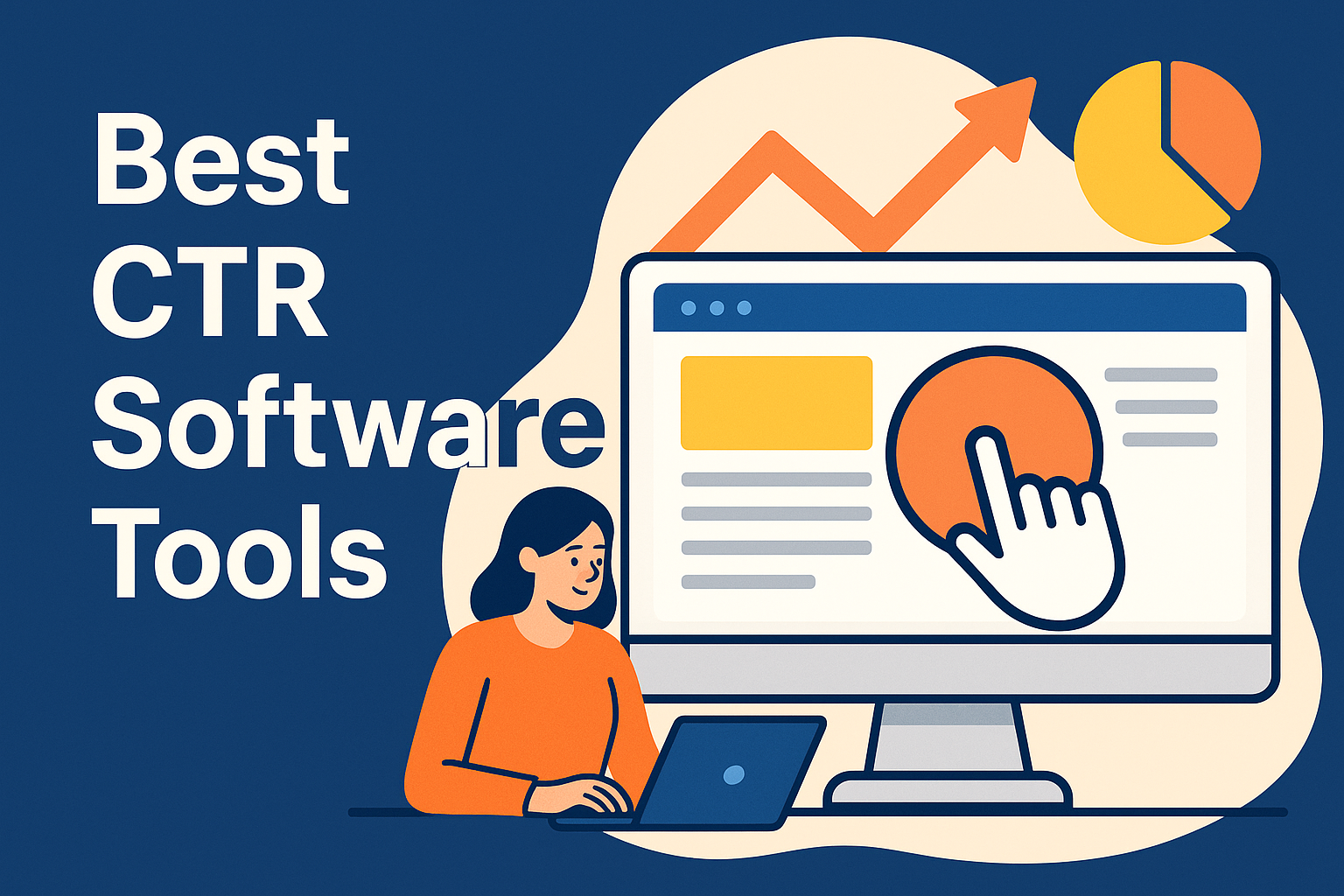
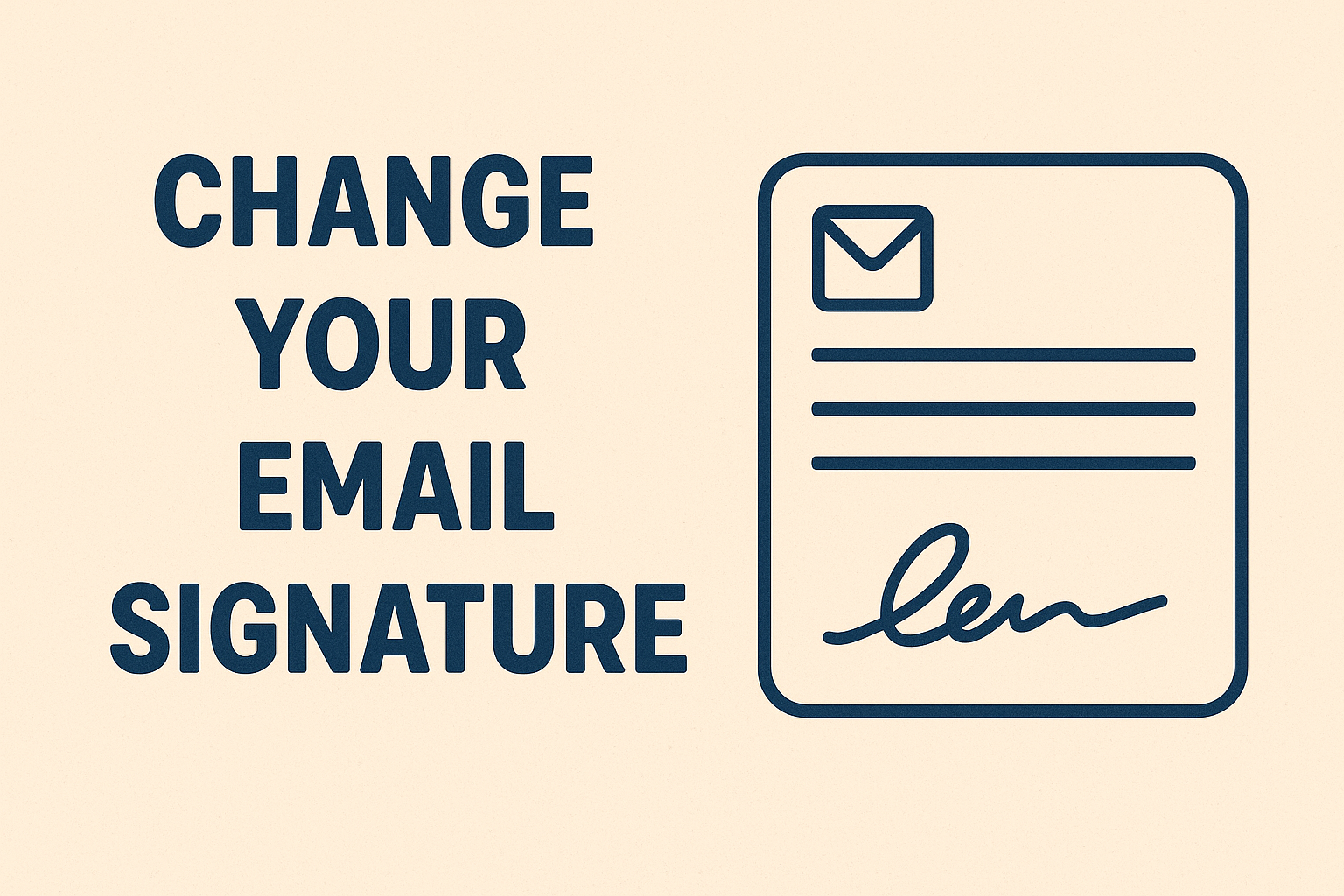
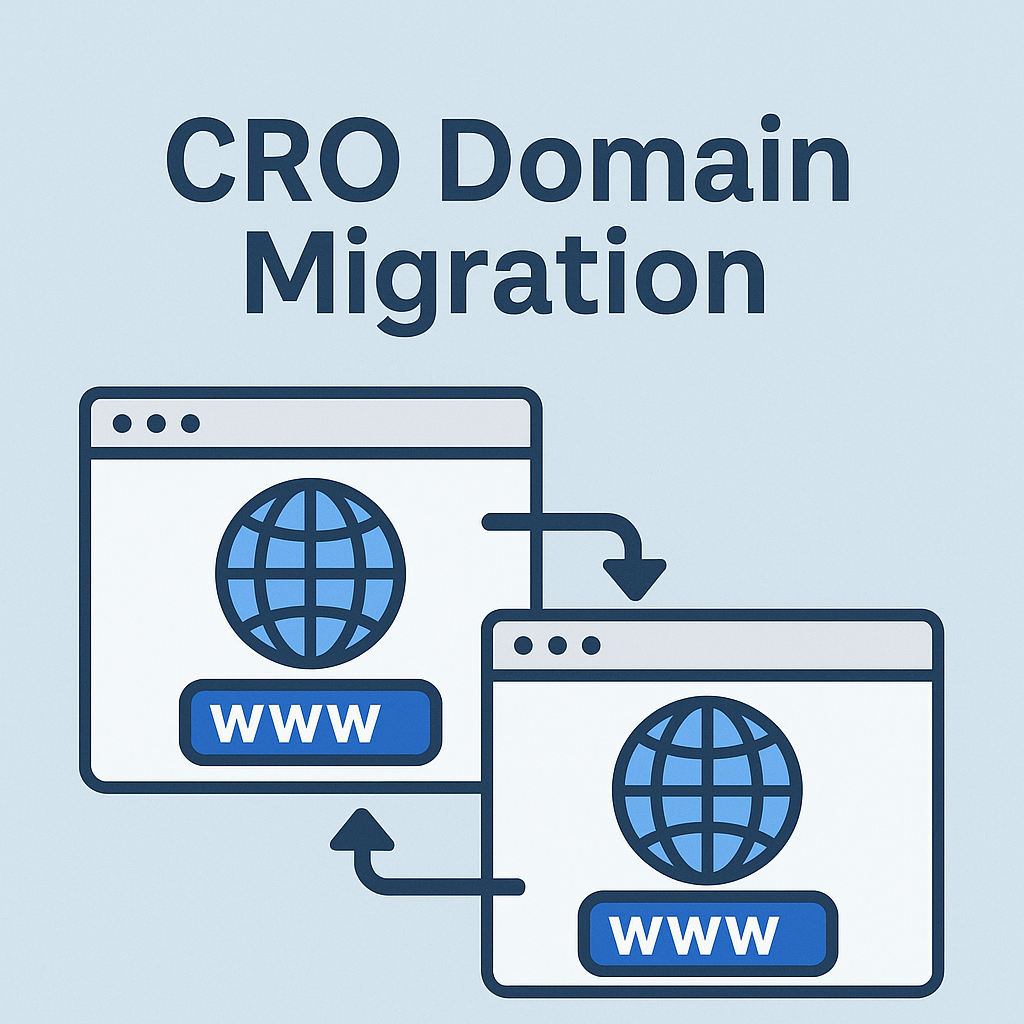
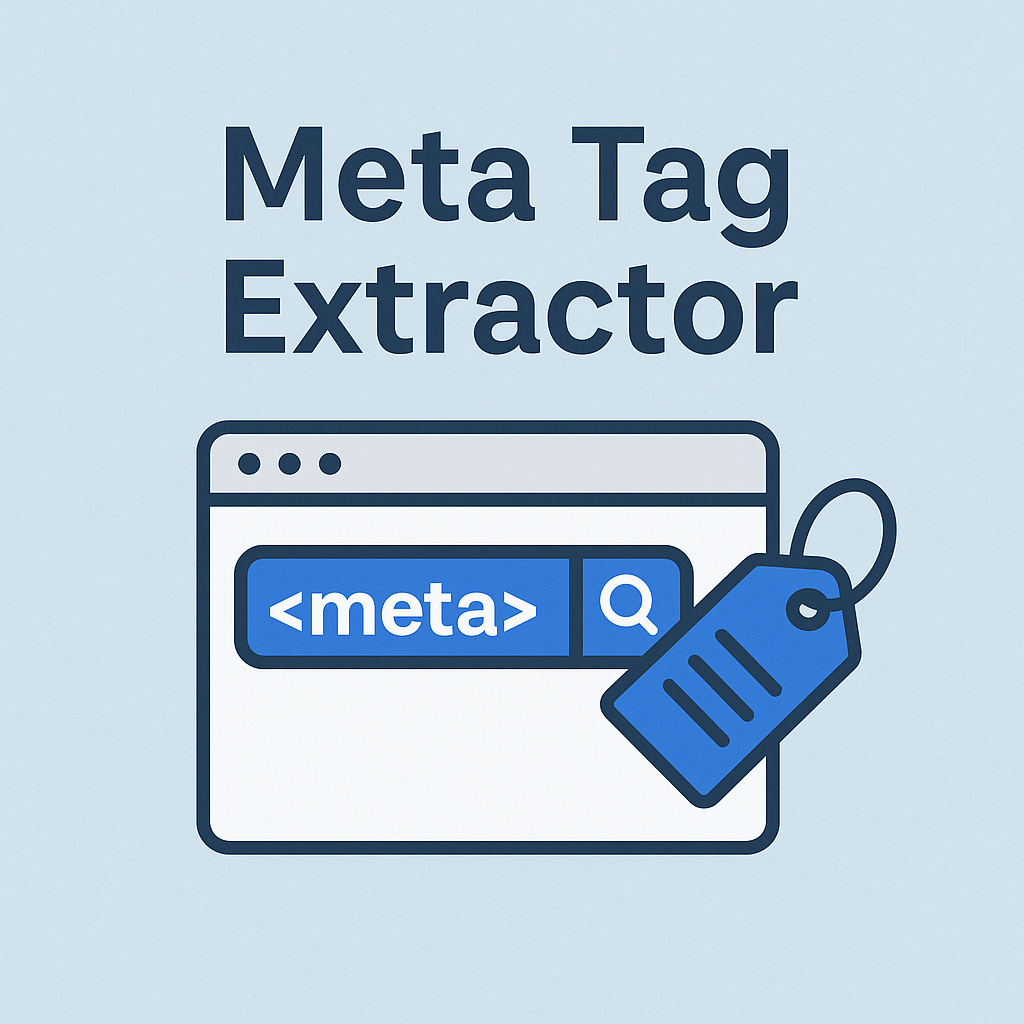
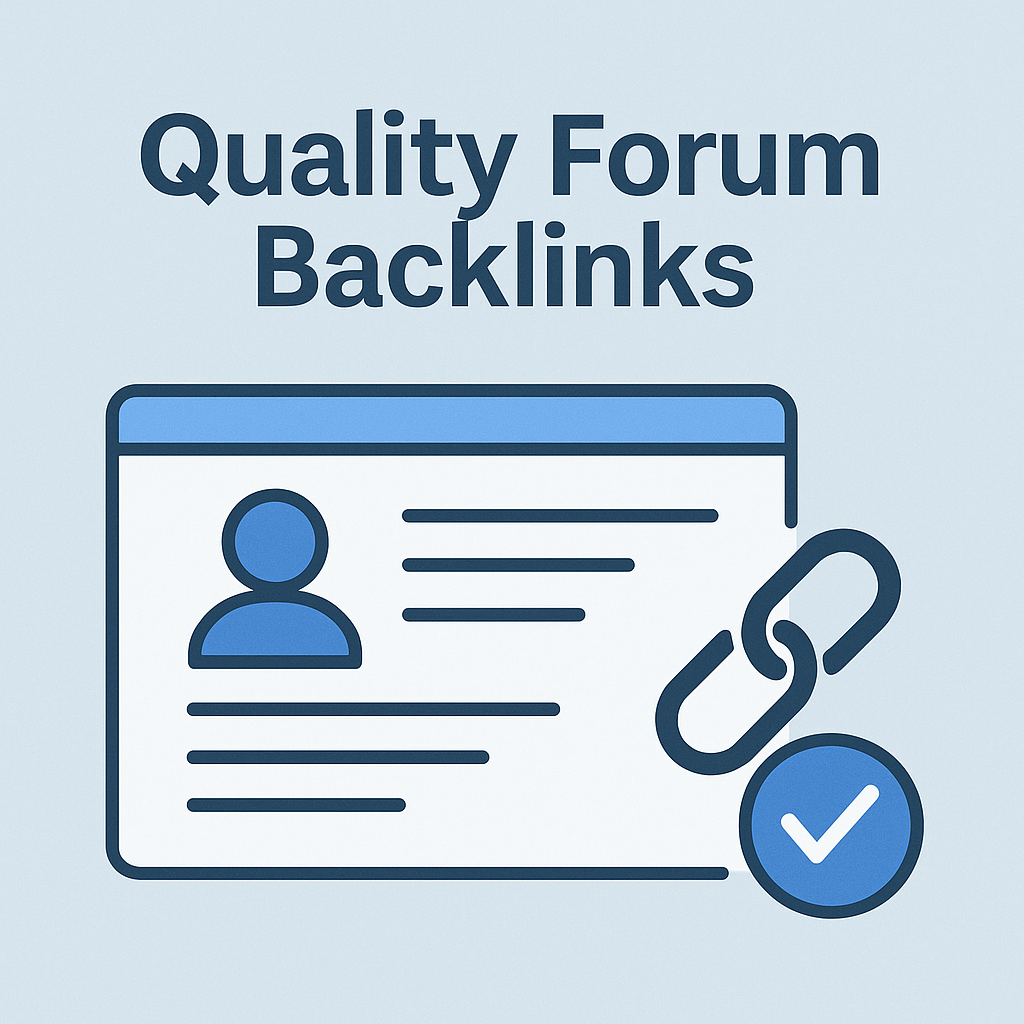
![Best Link Exchange Sites [Free & Safe] – Top 5 Picks](https://backlinkmanagement.io/wp-content/uploads/2025/04/Free-Link-Exchange.png)
